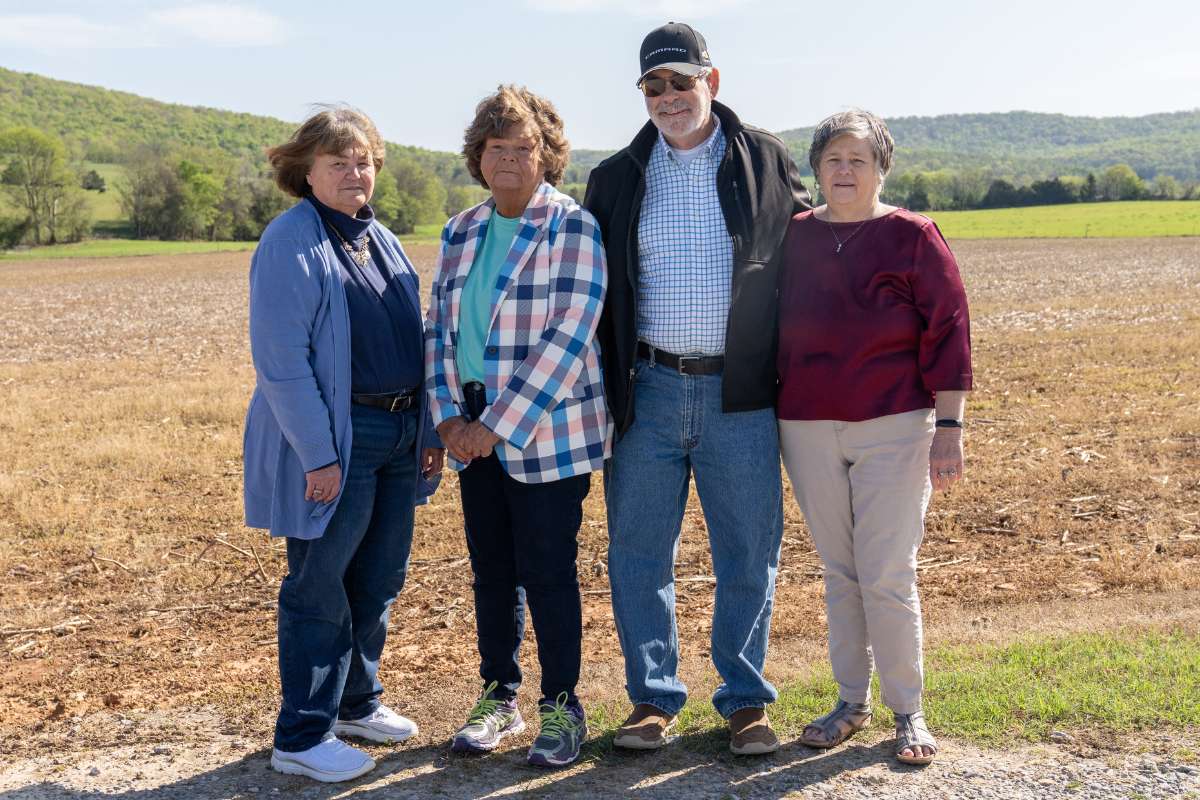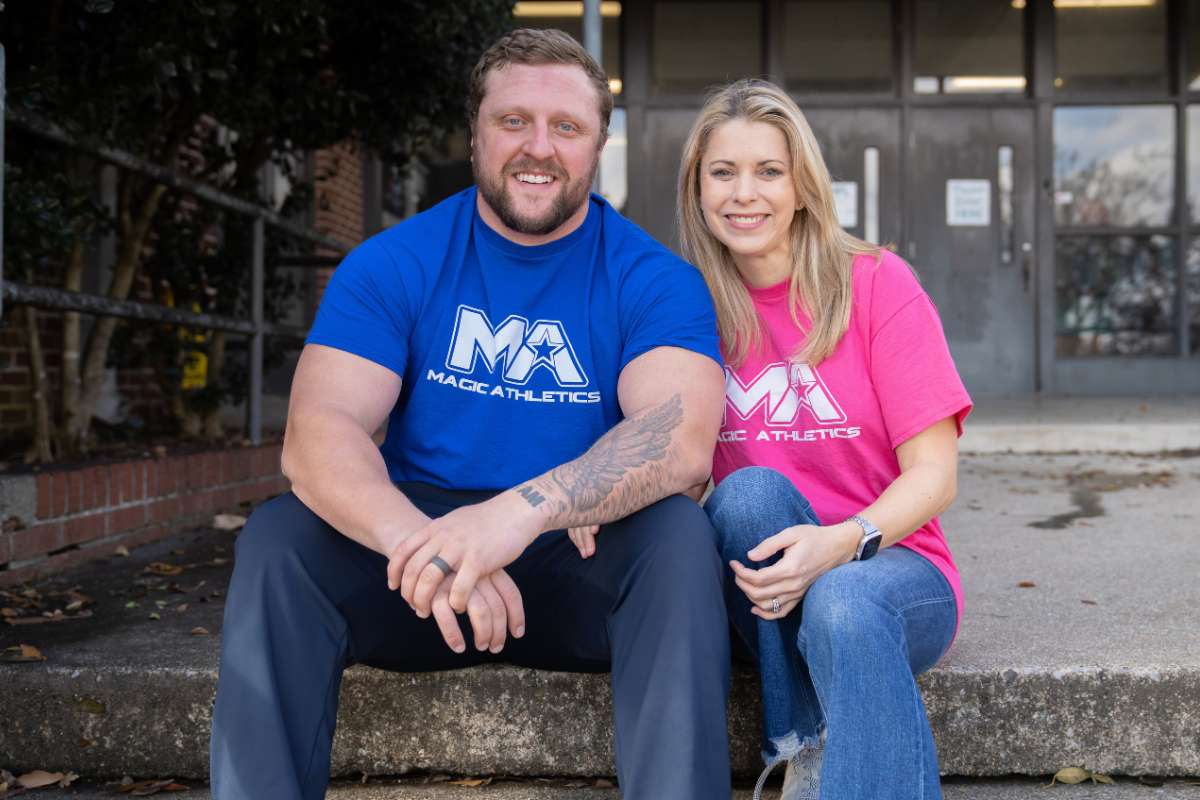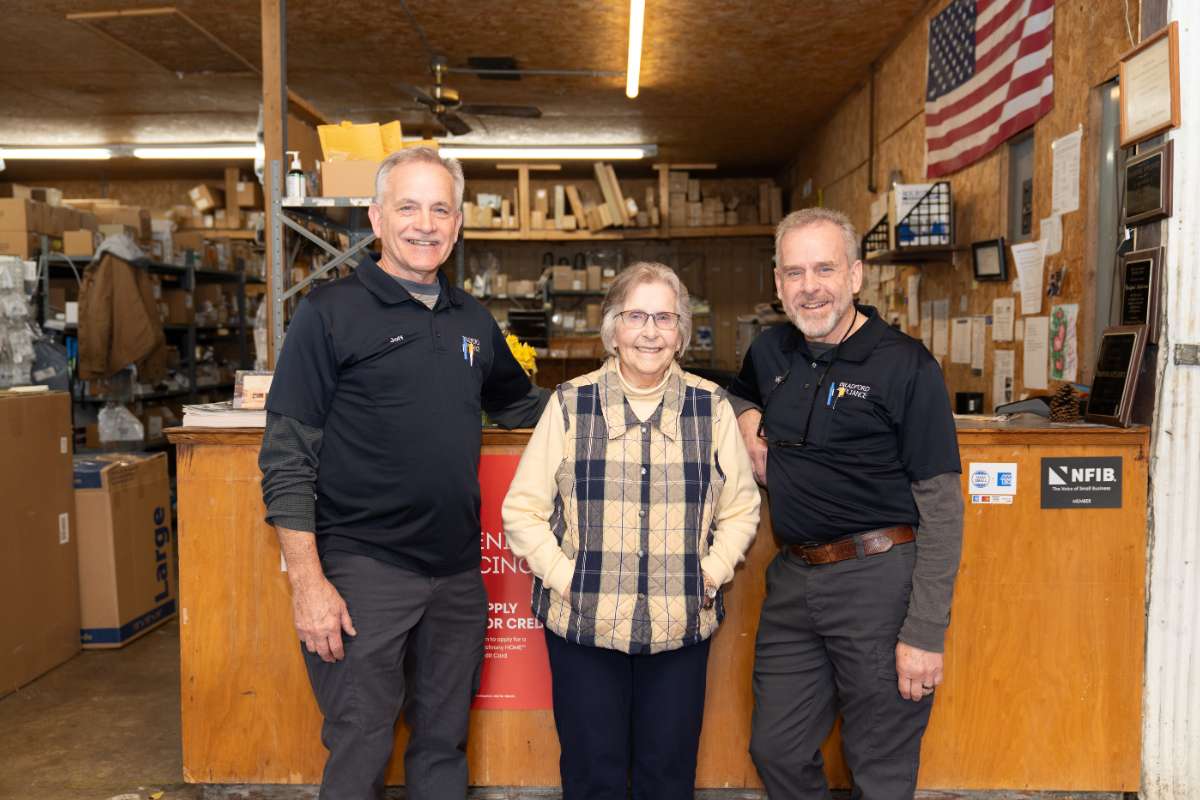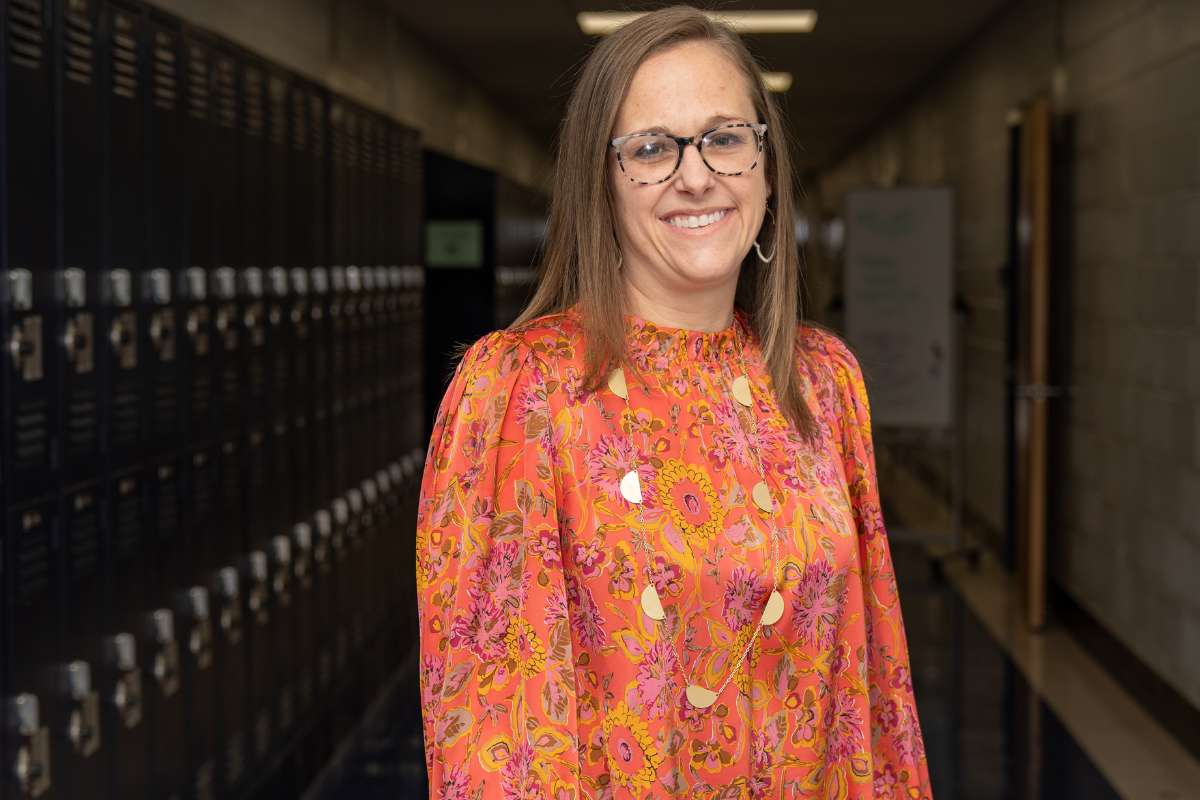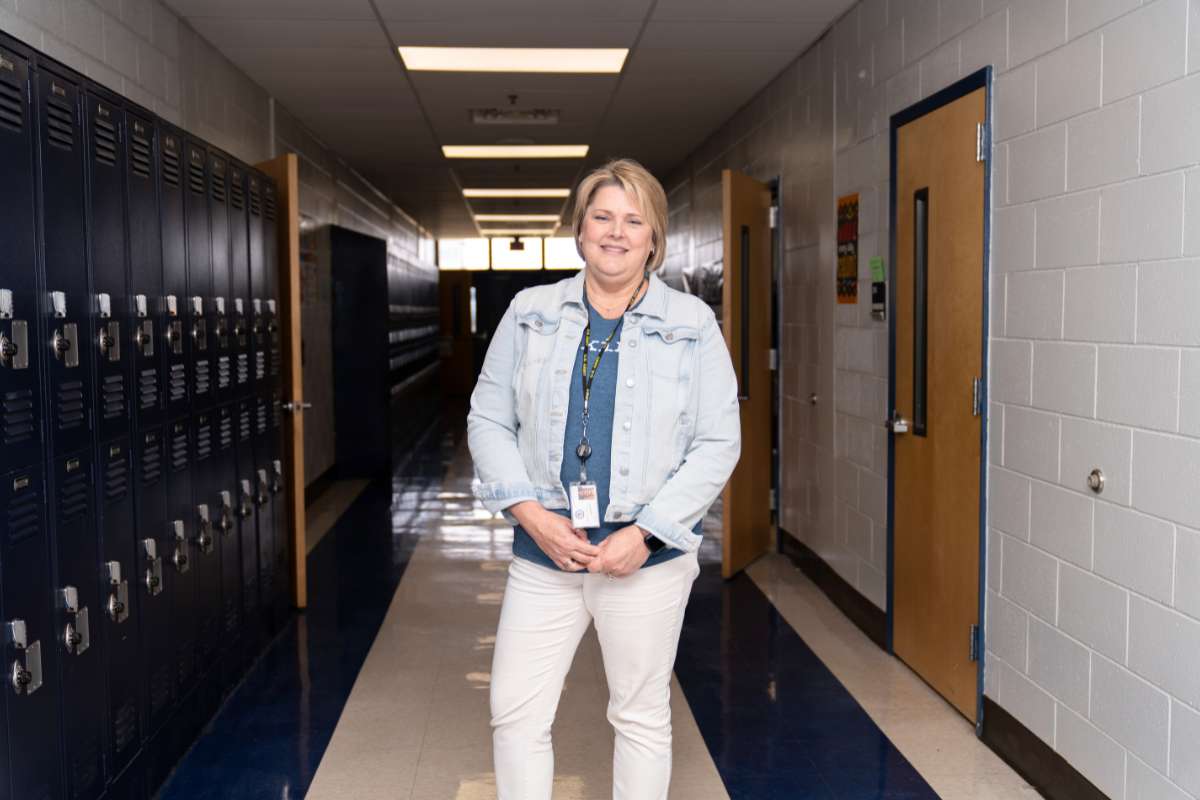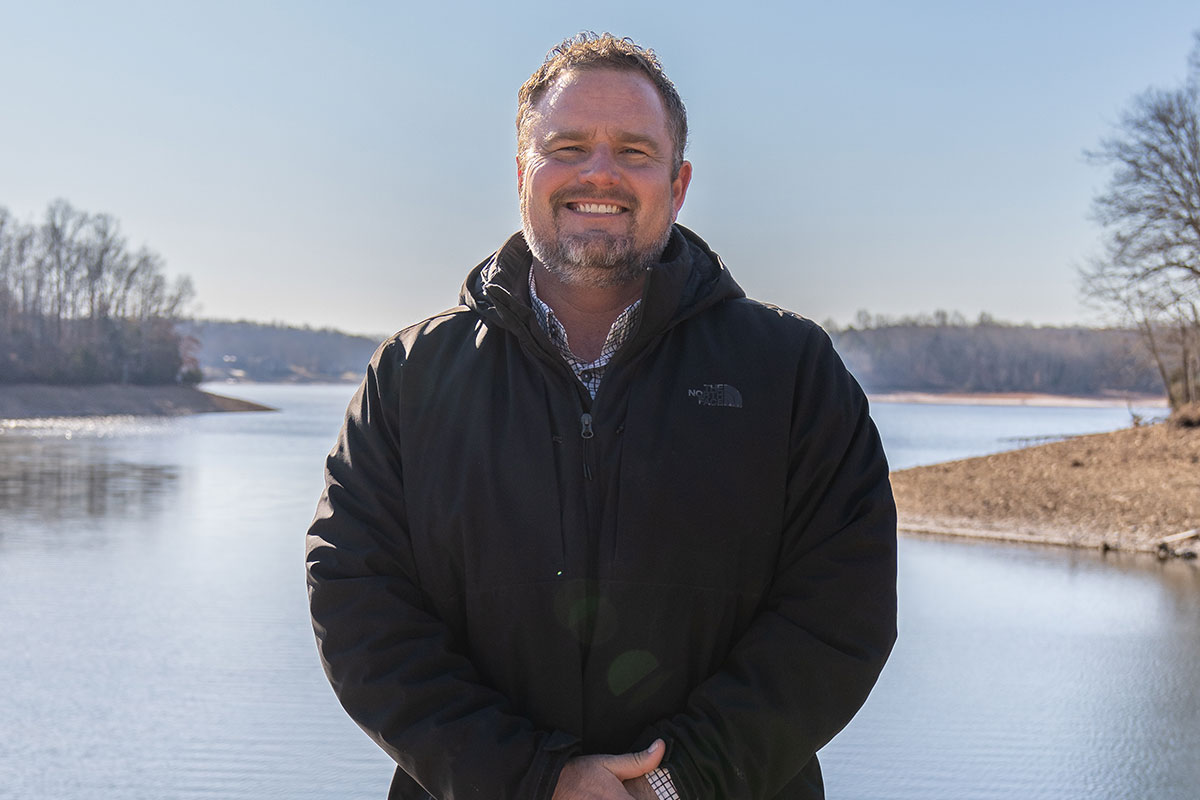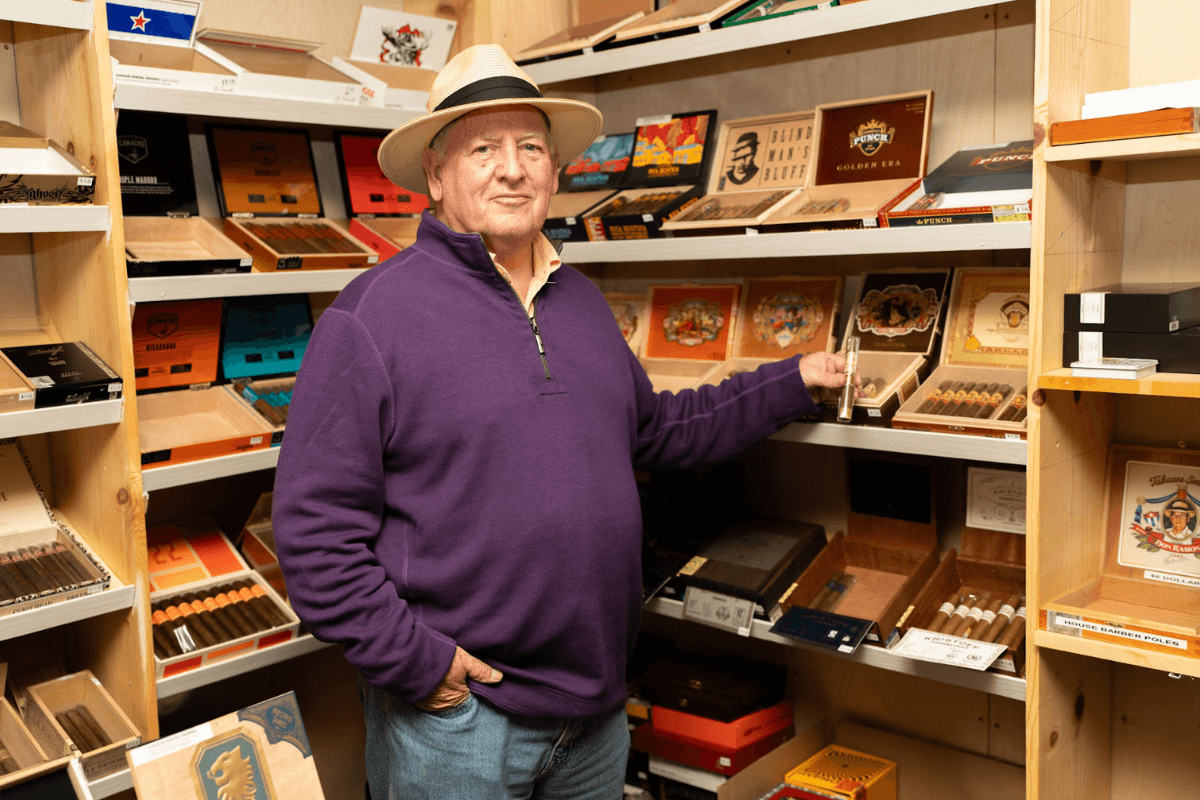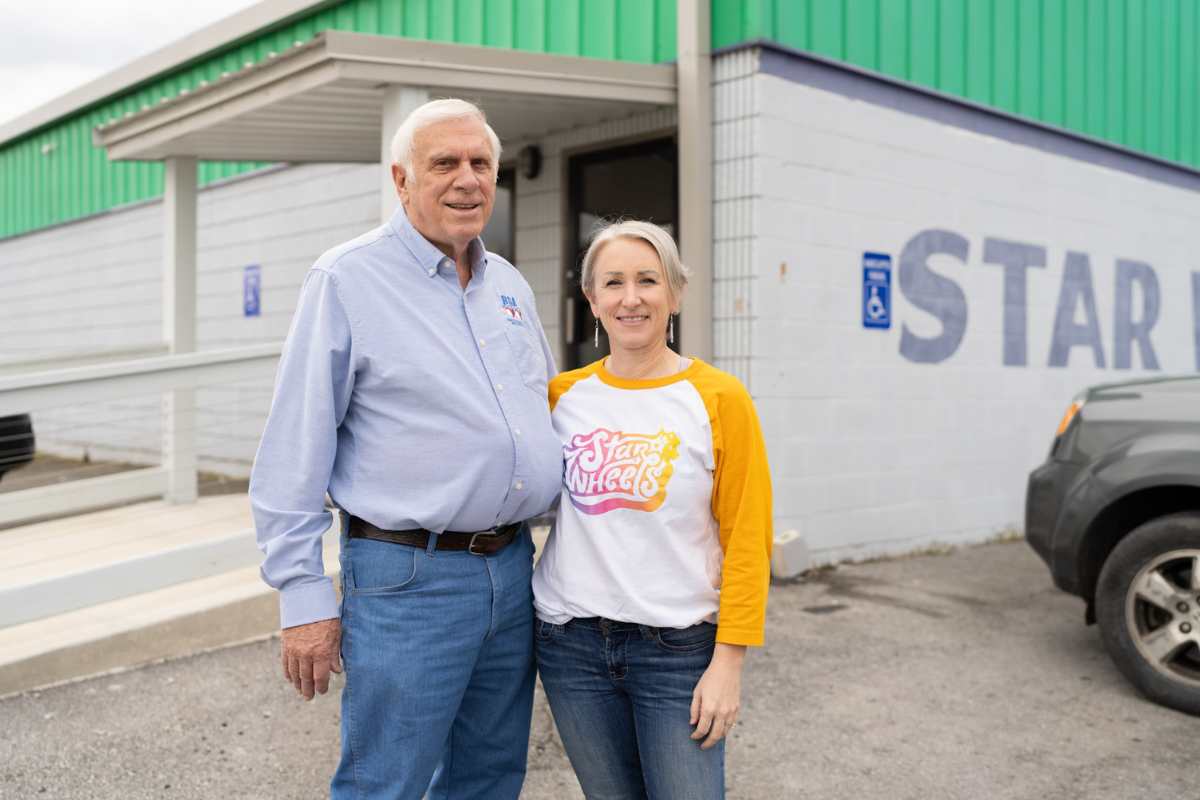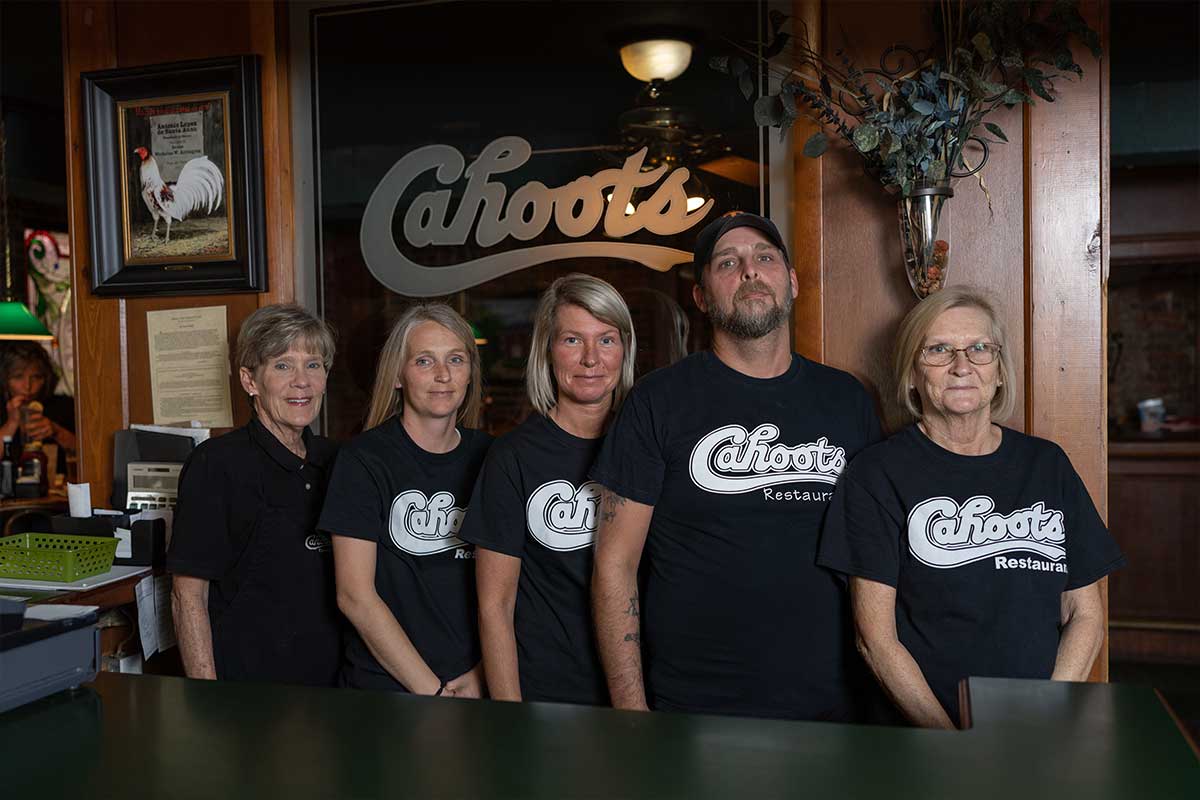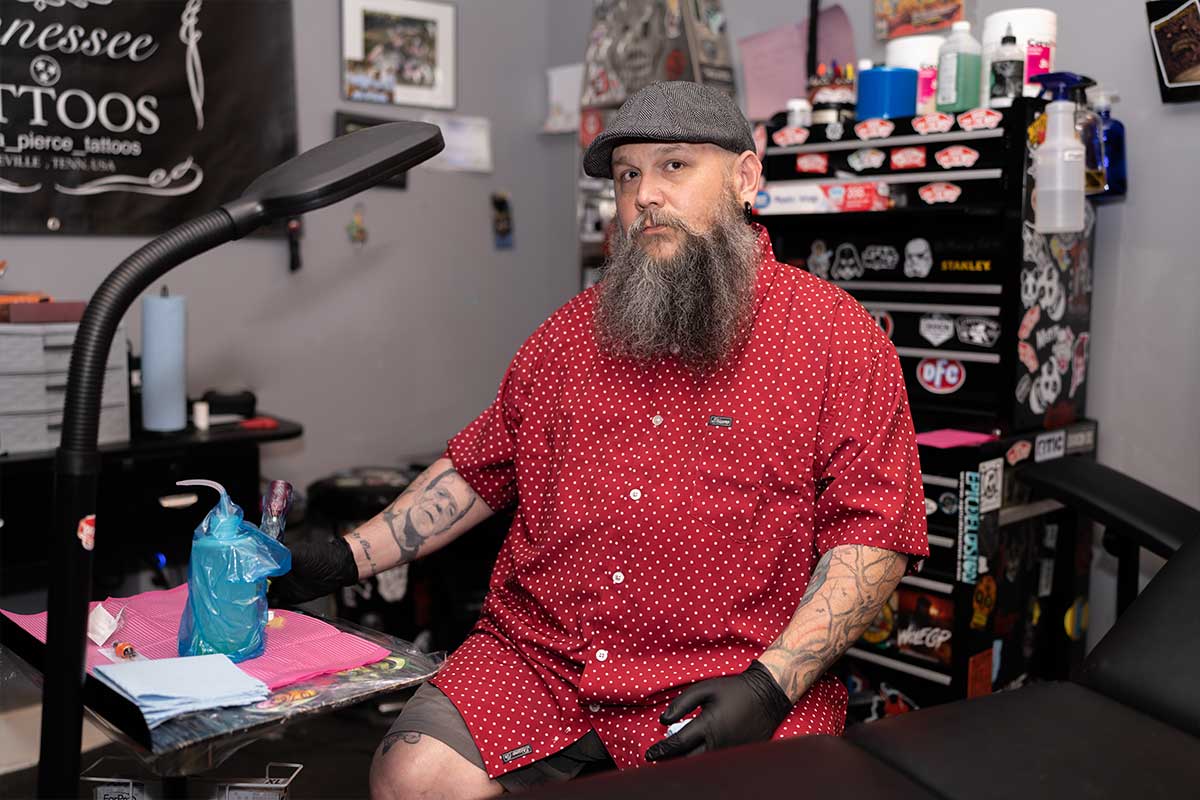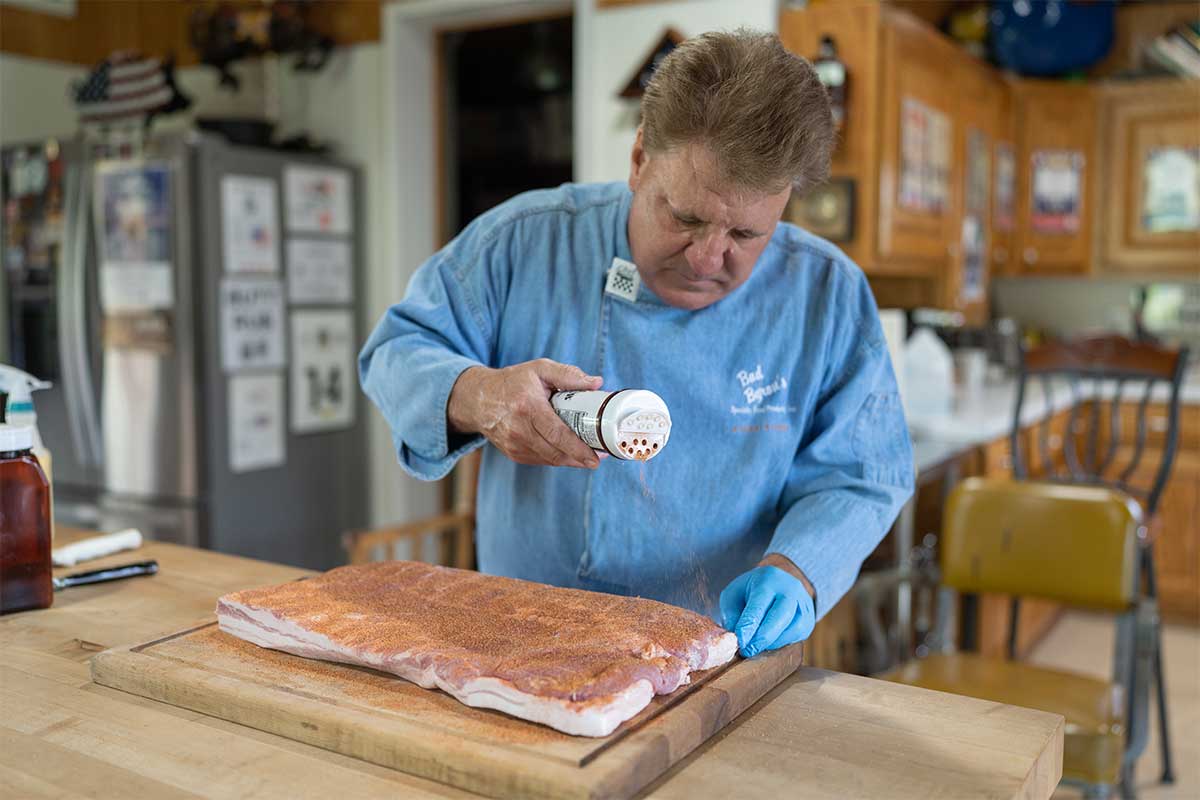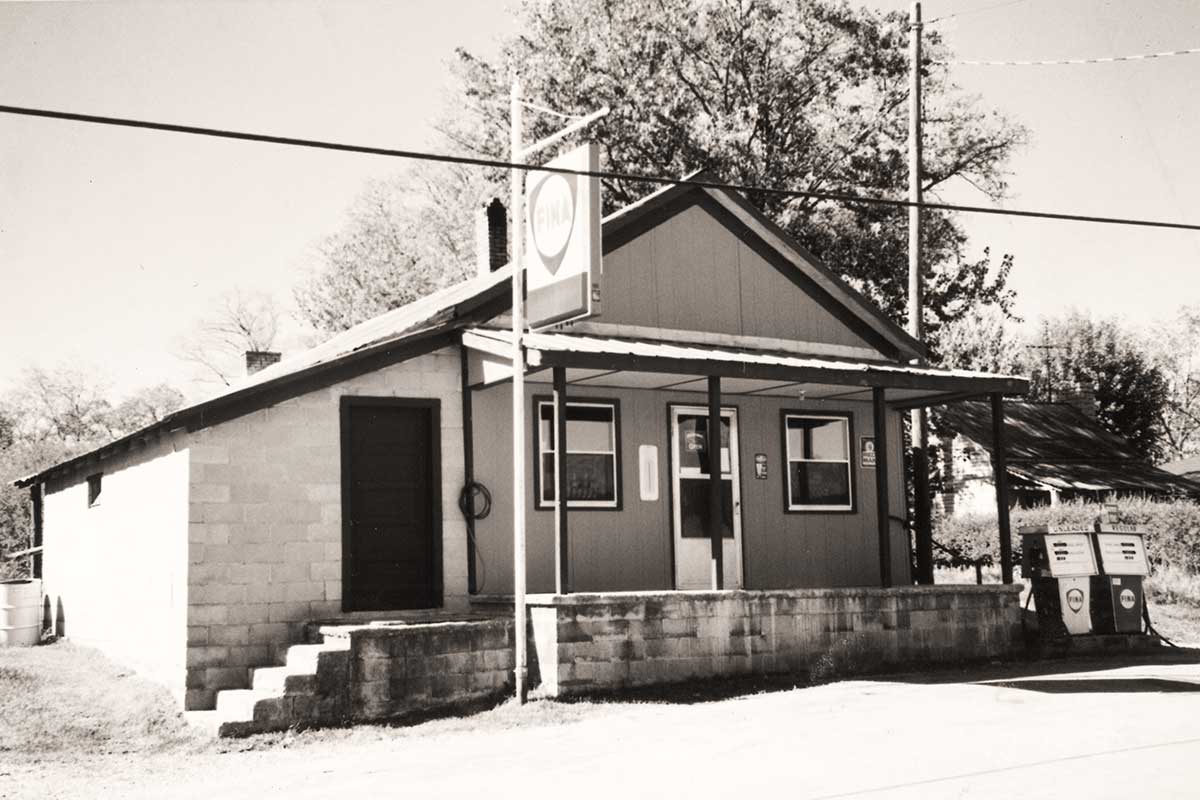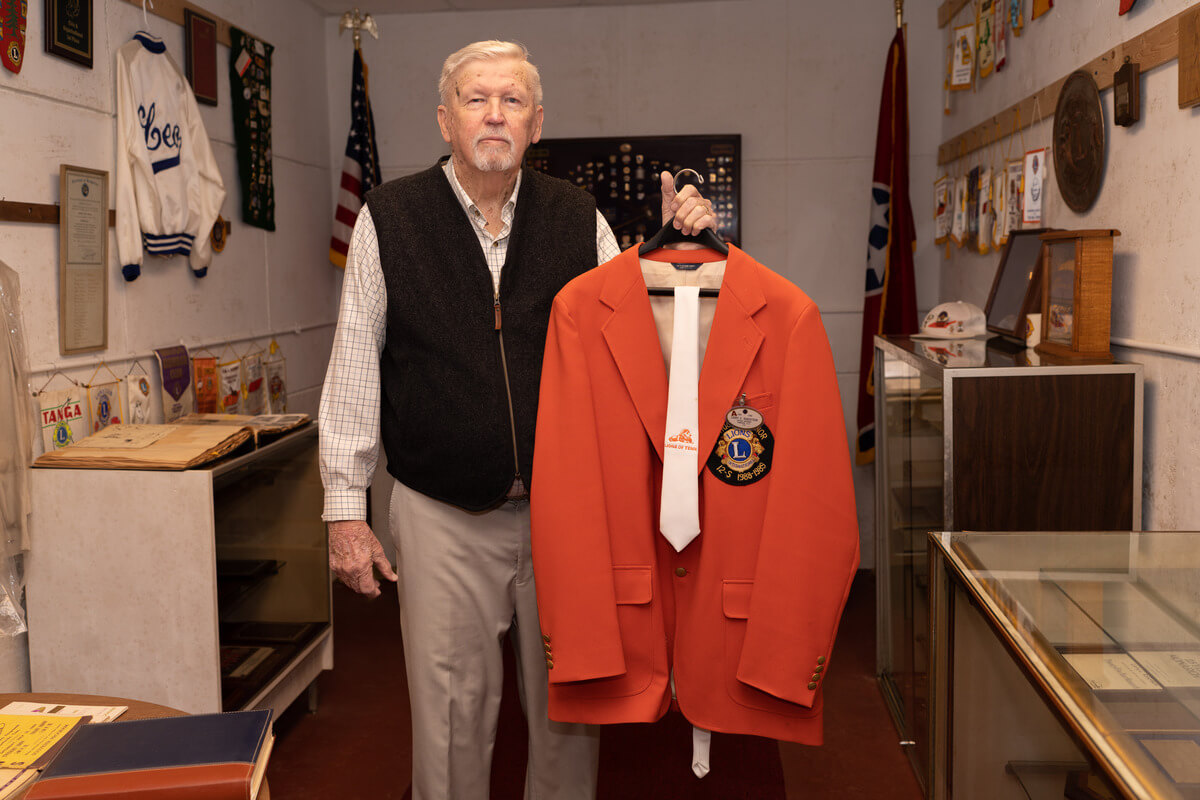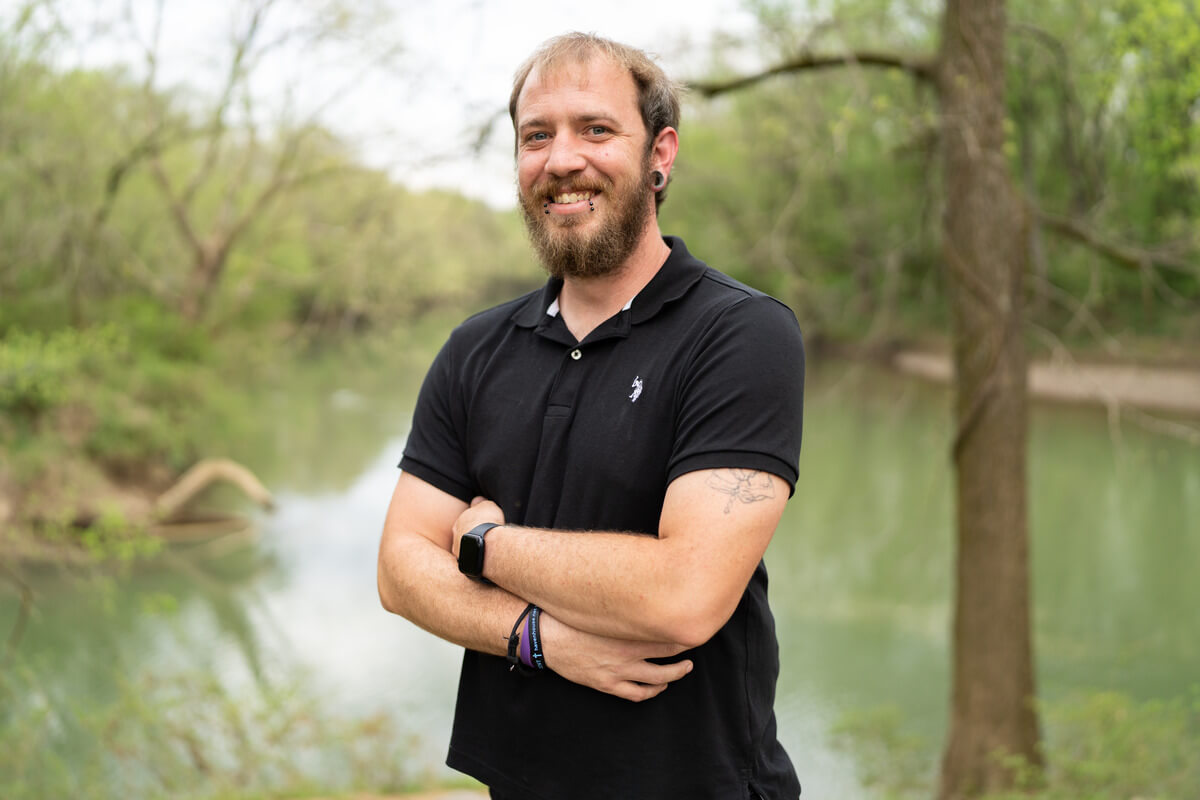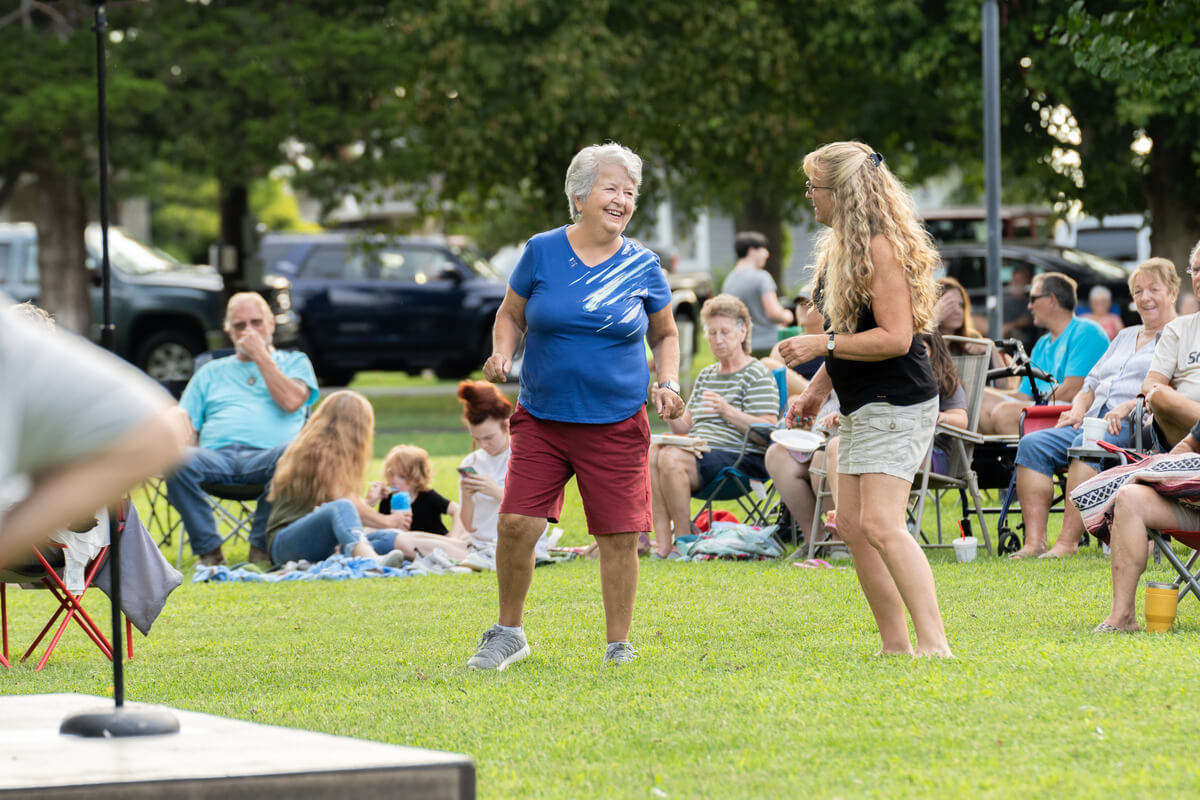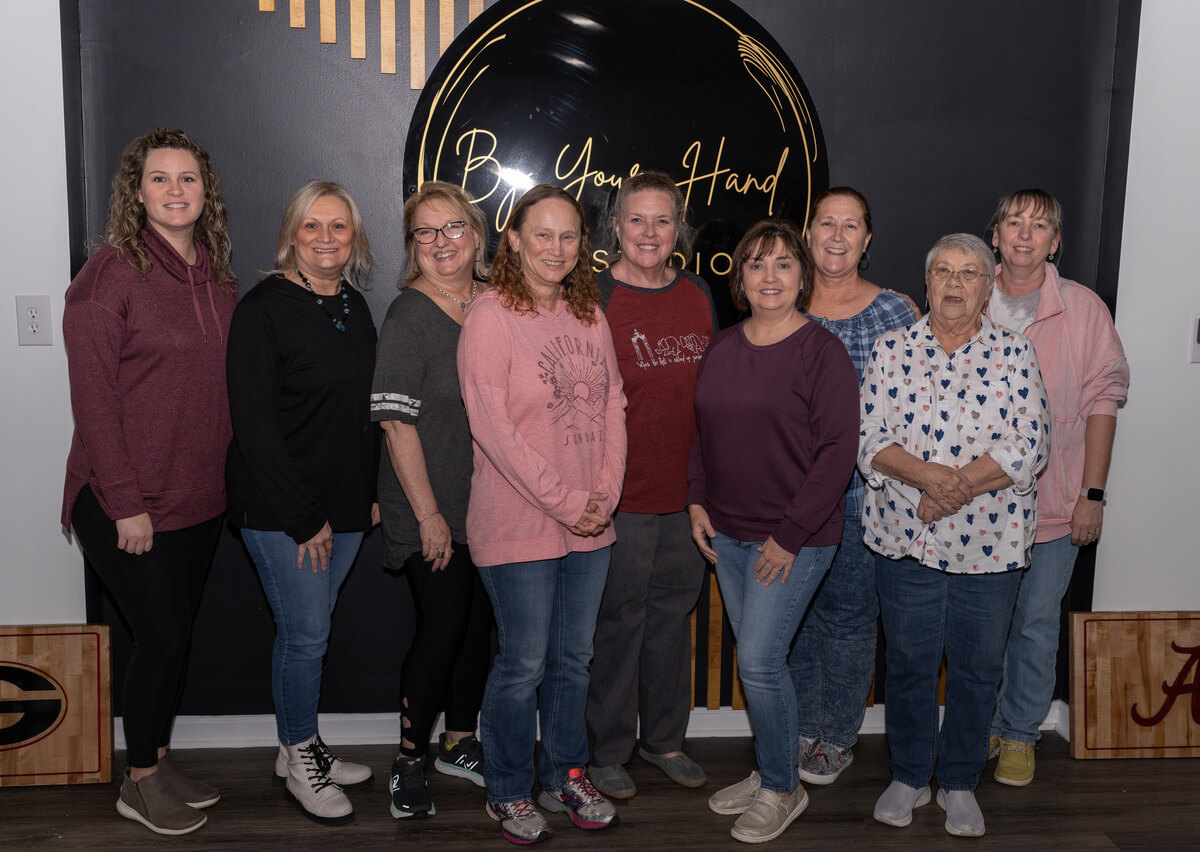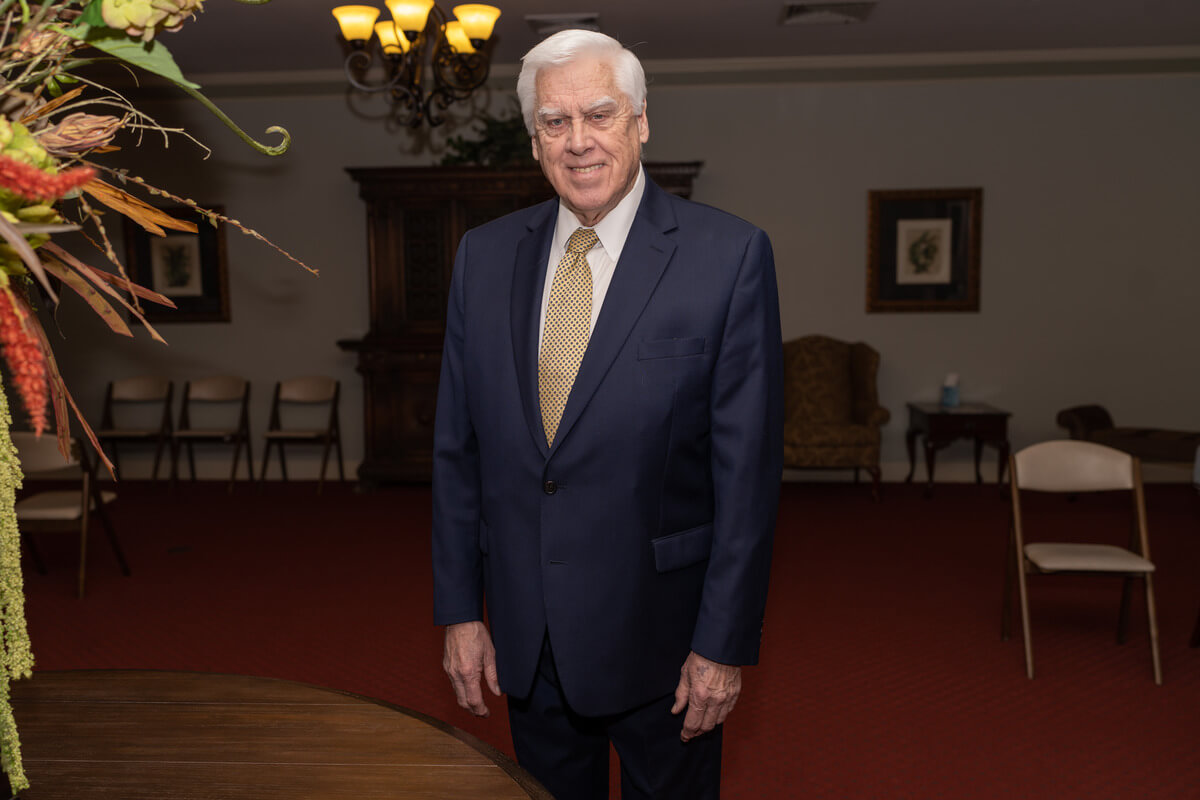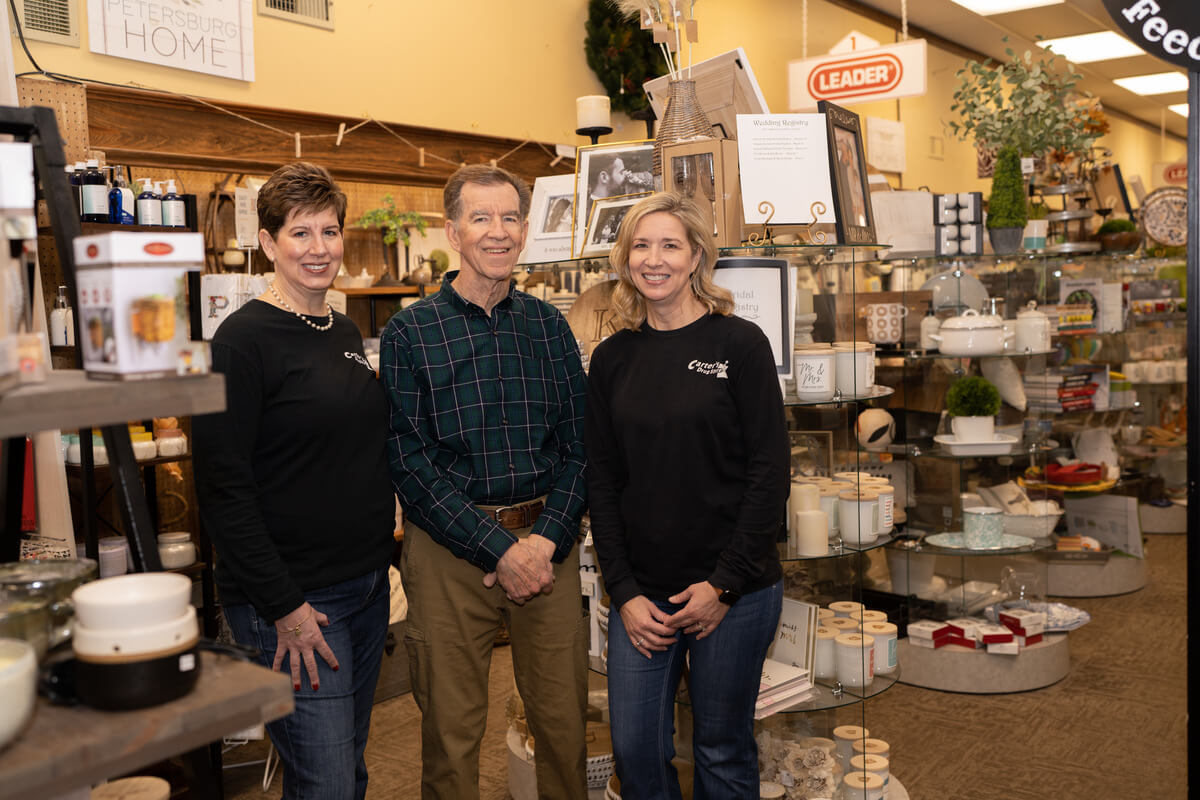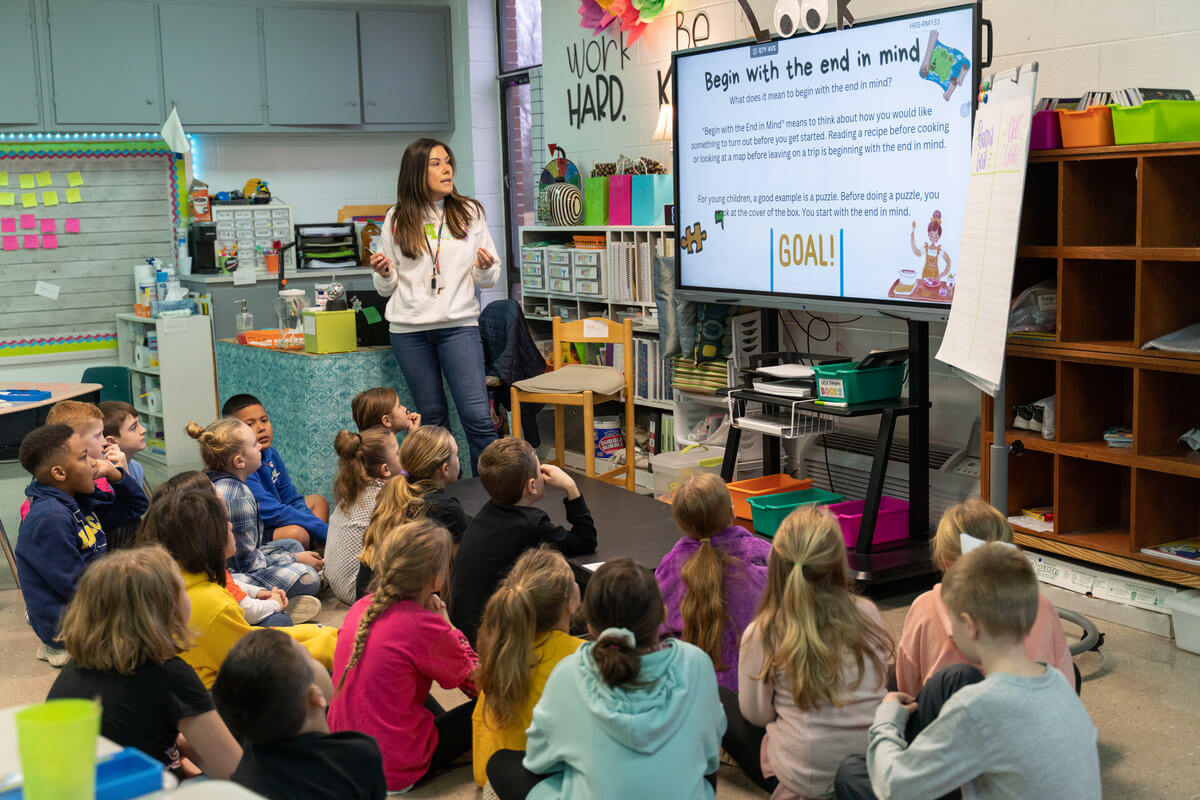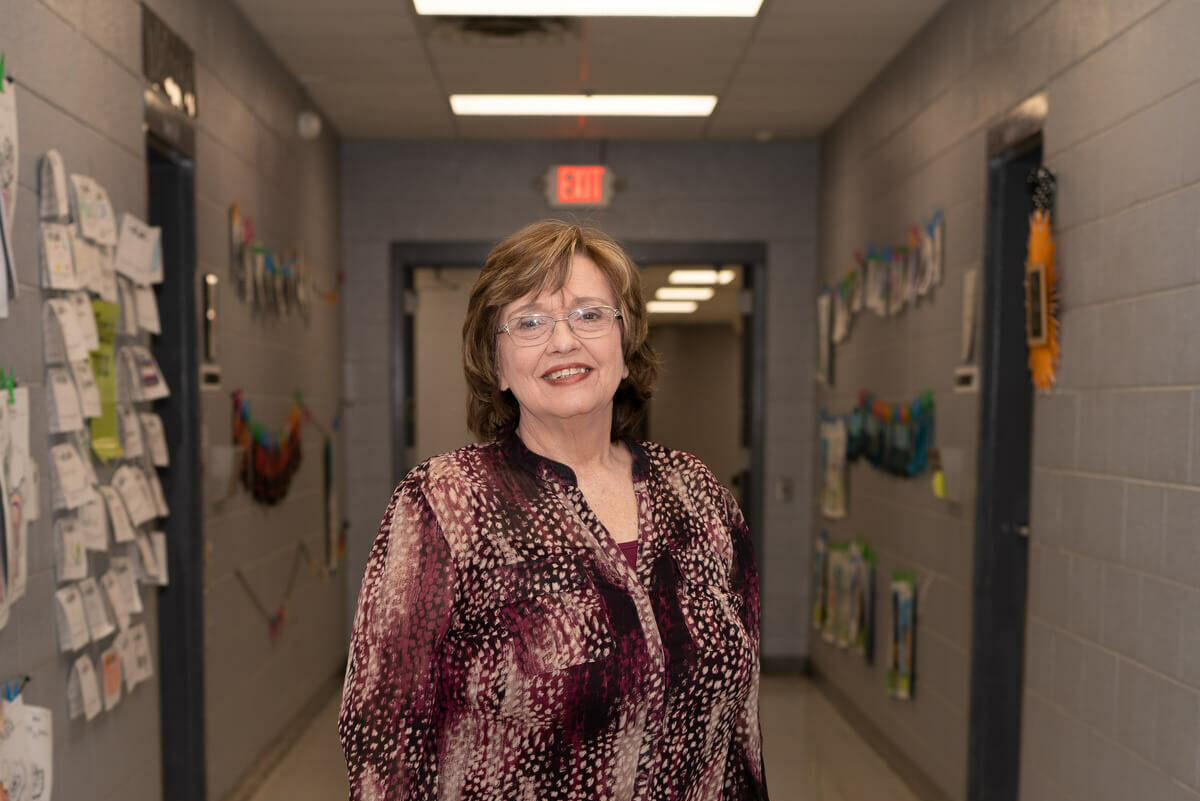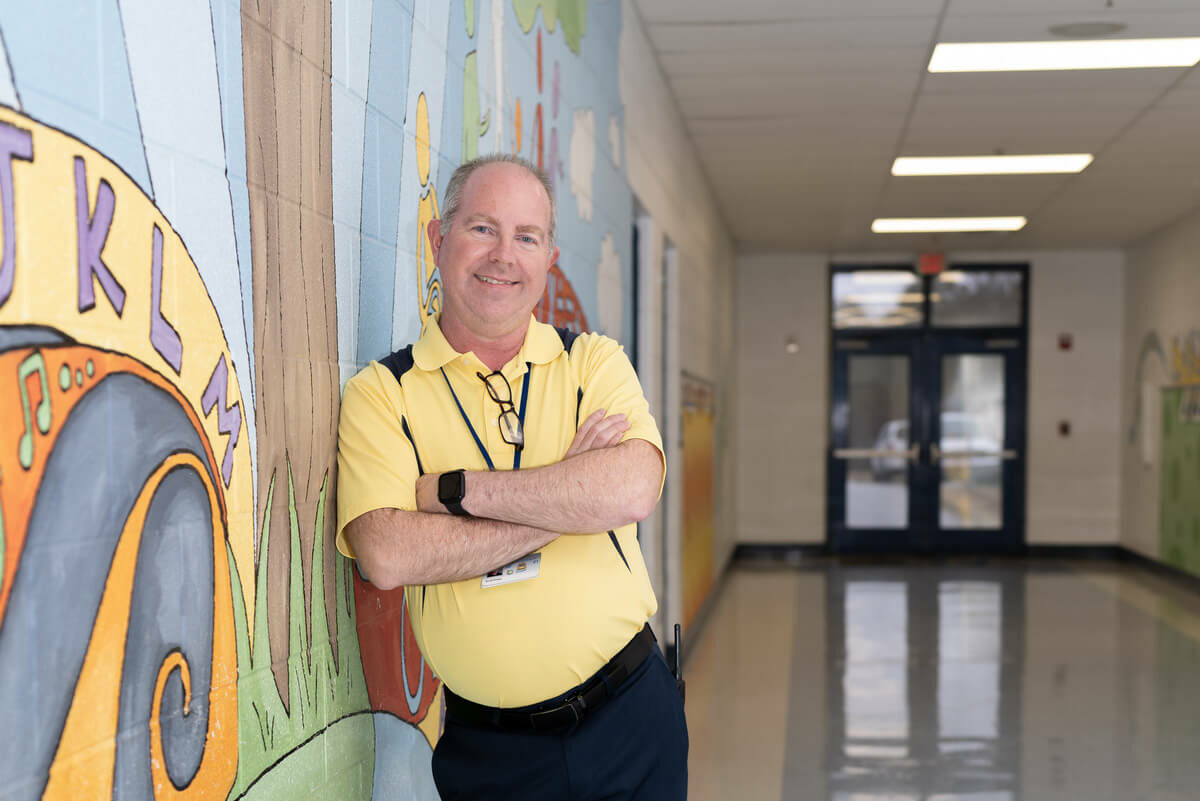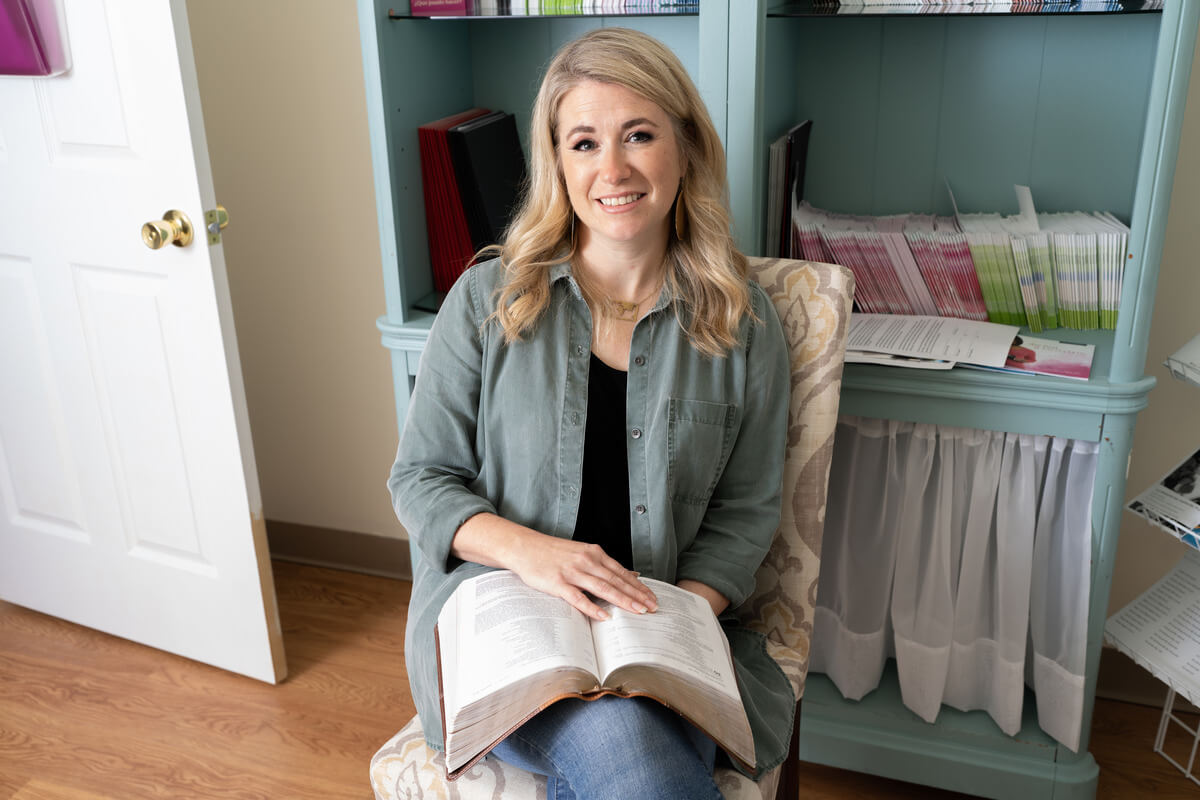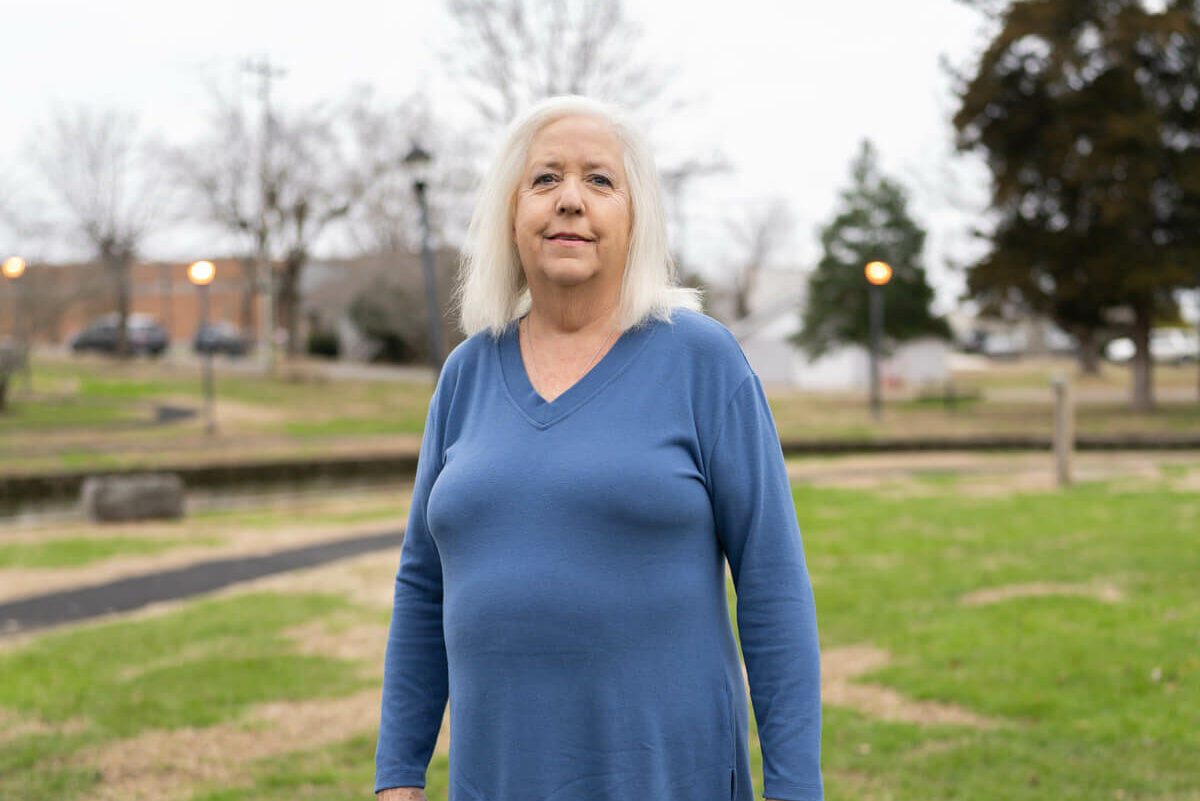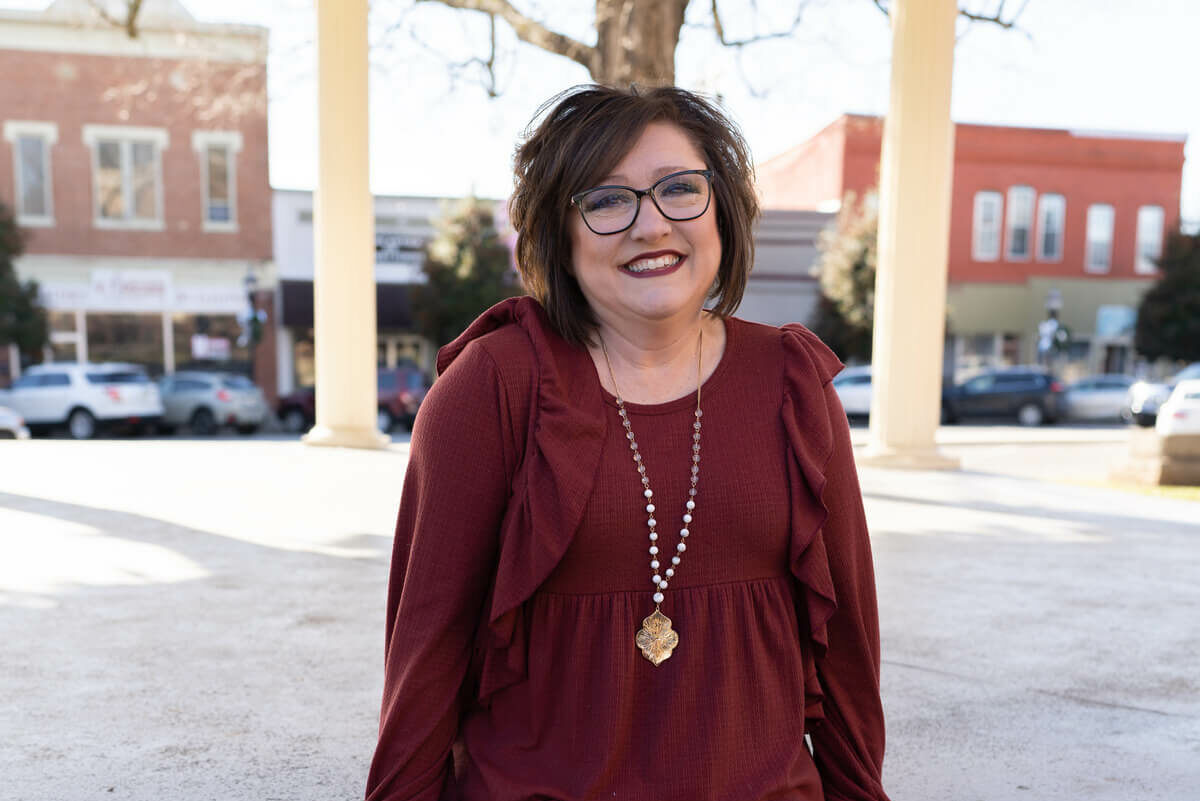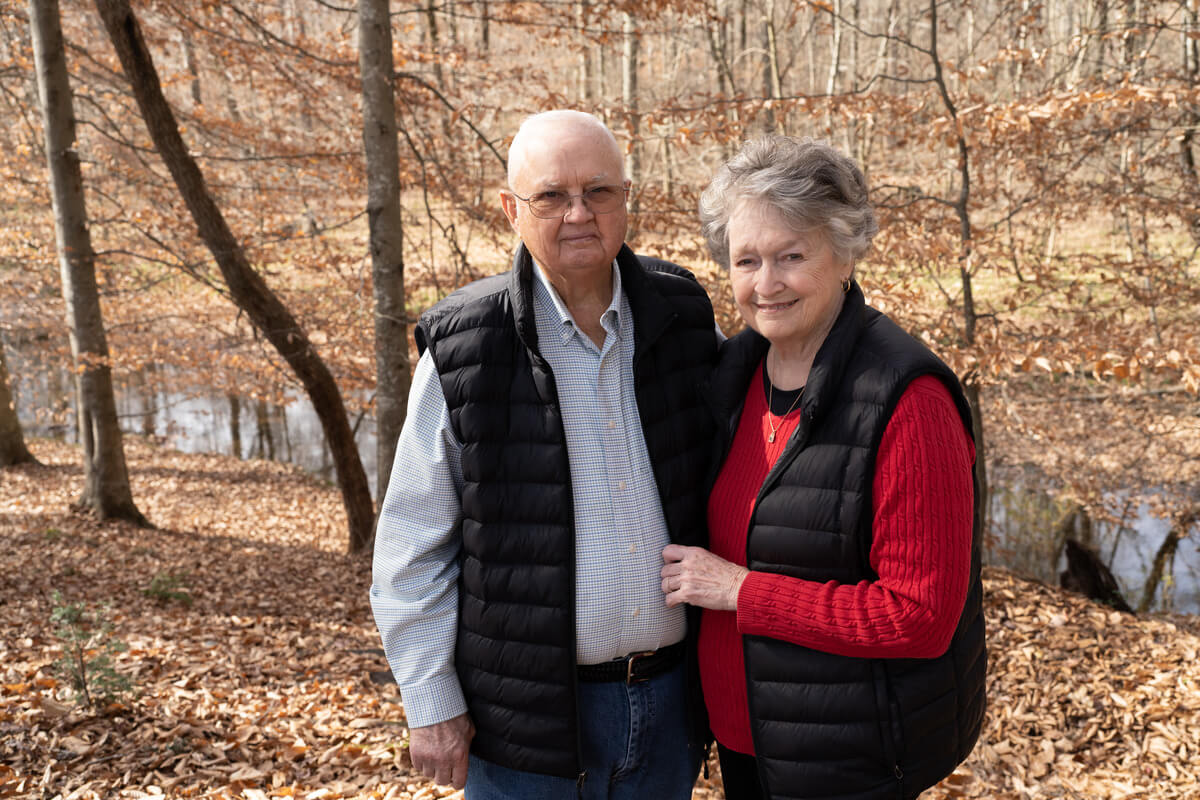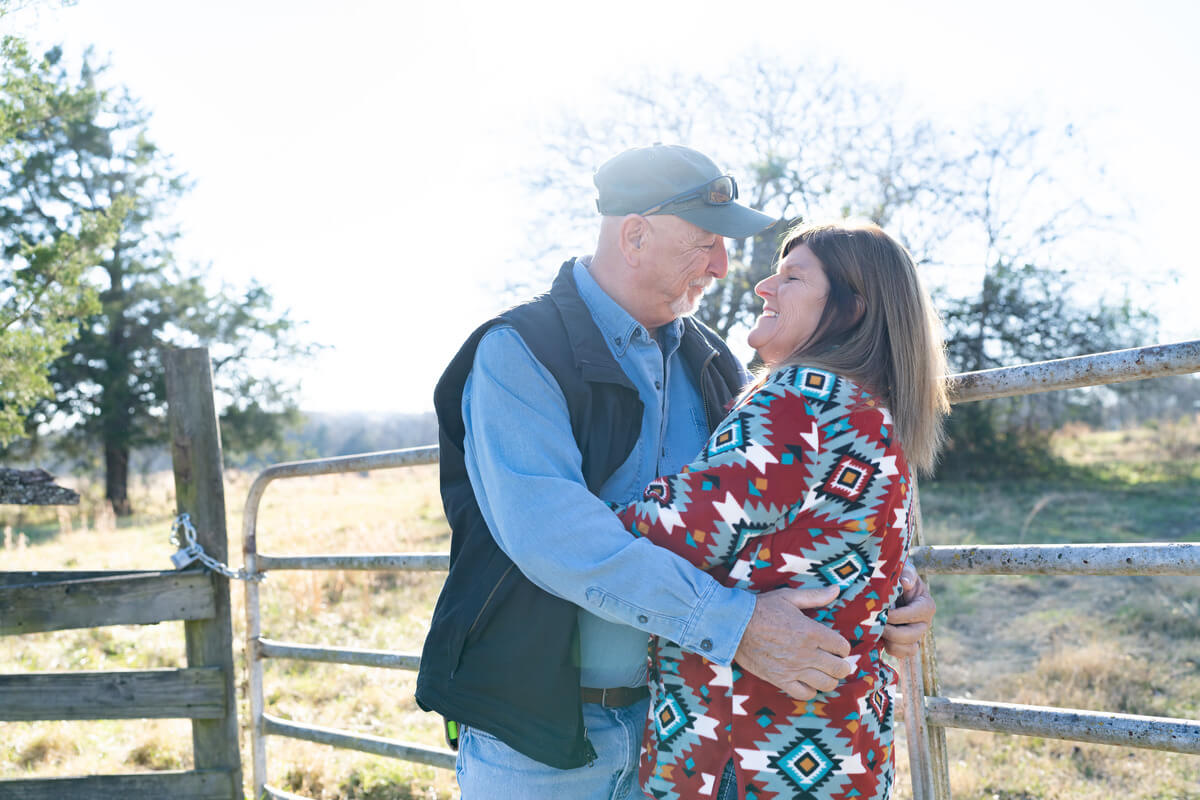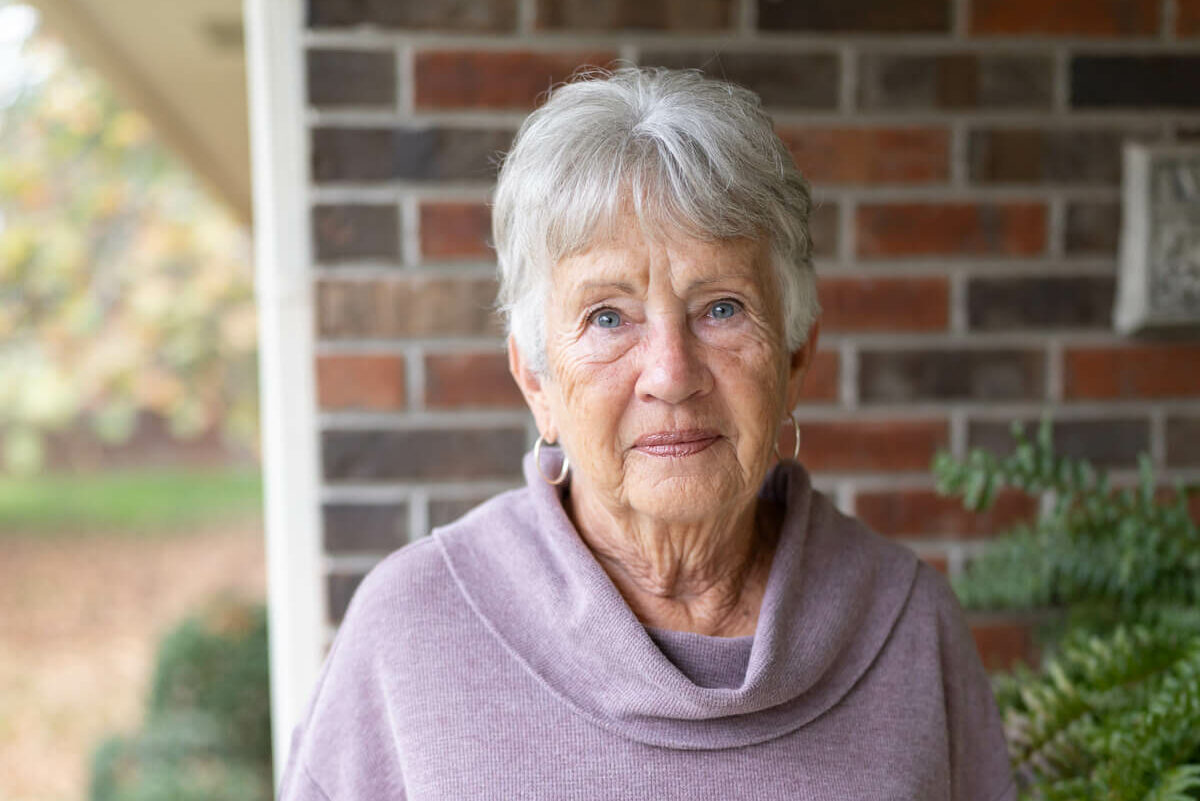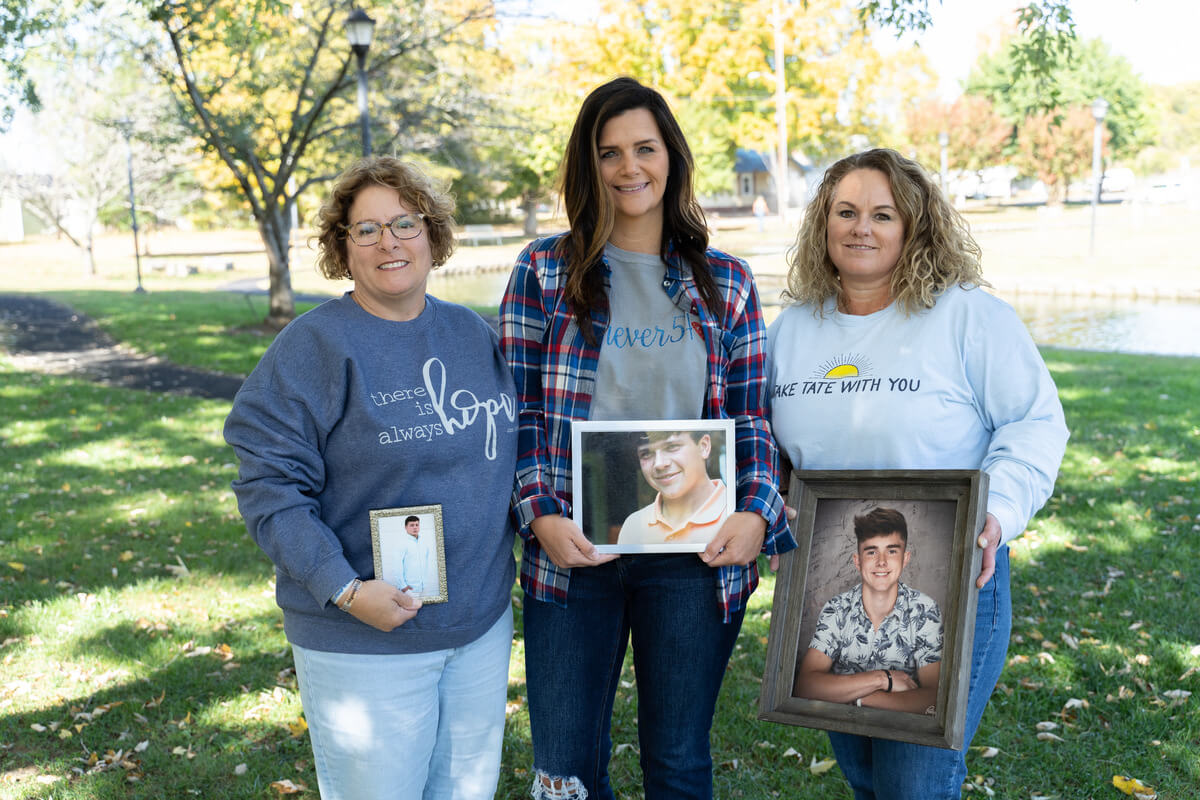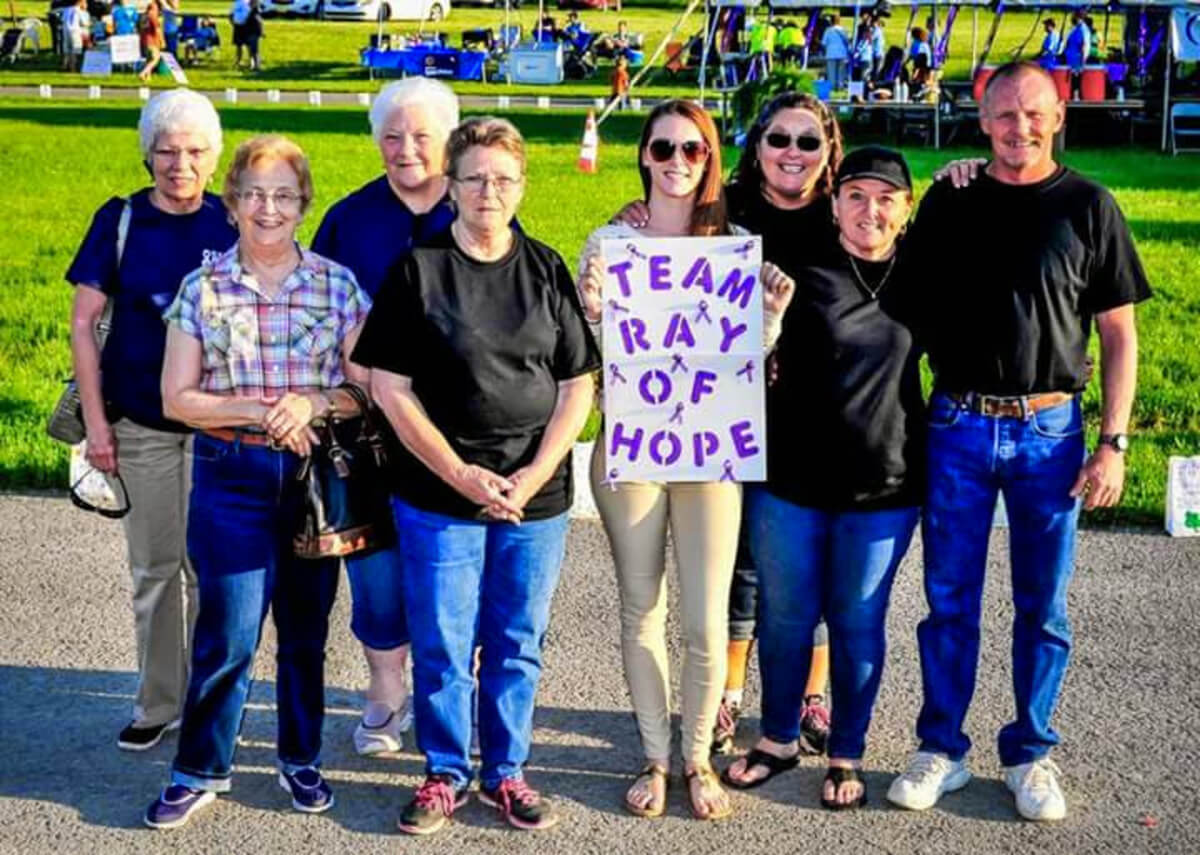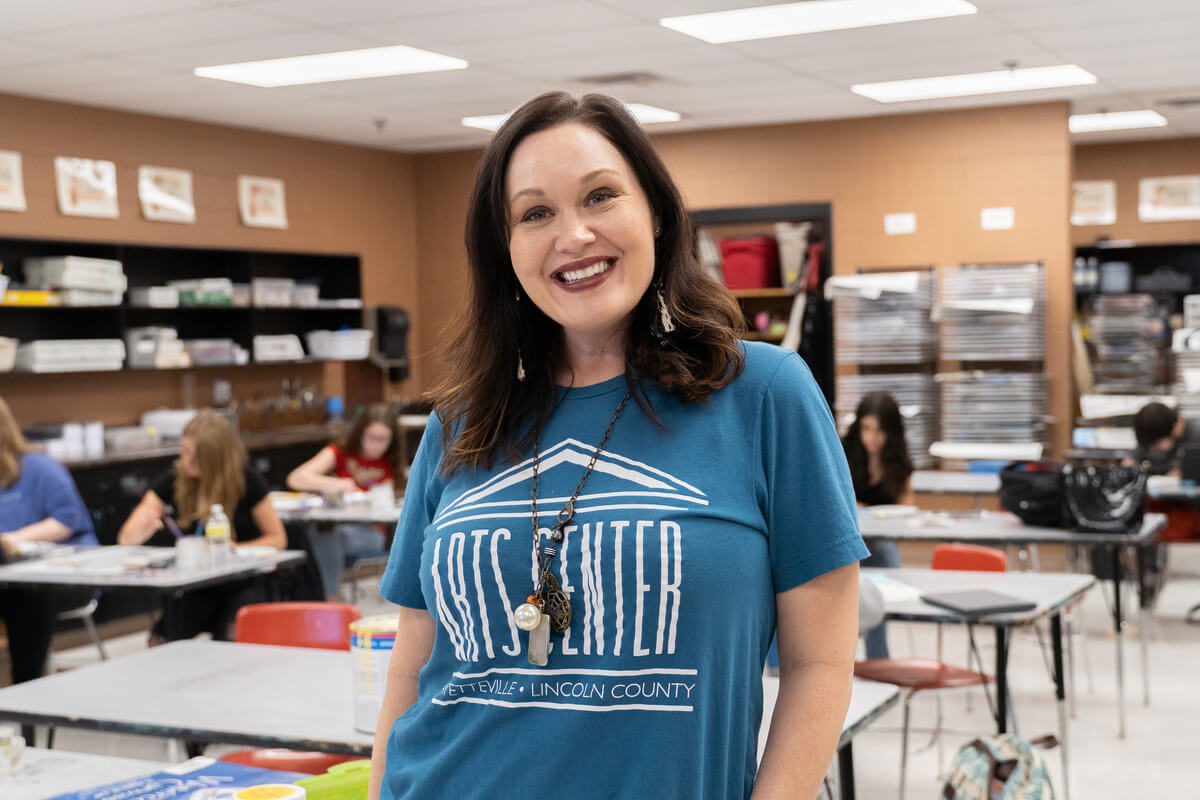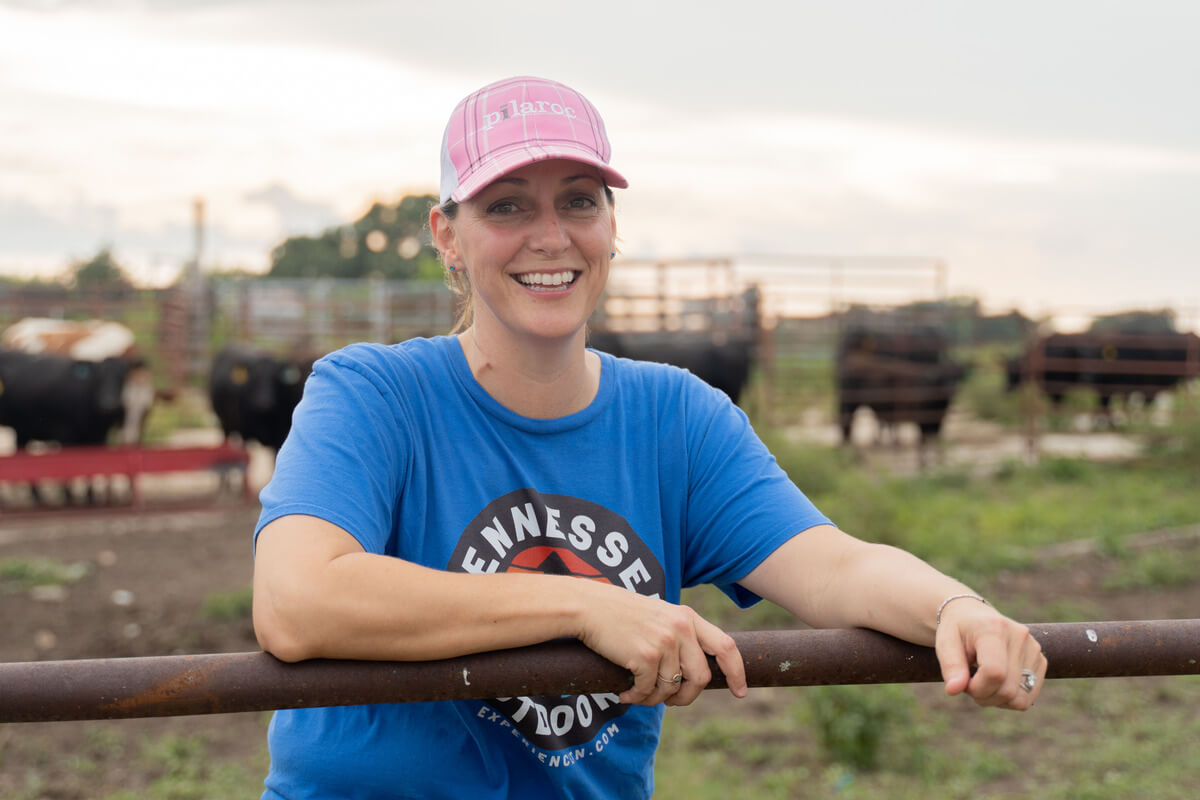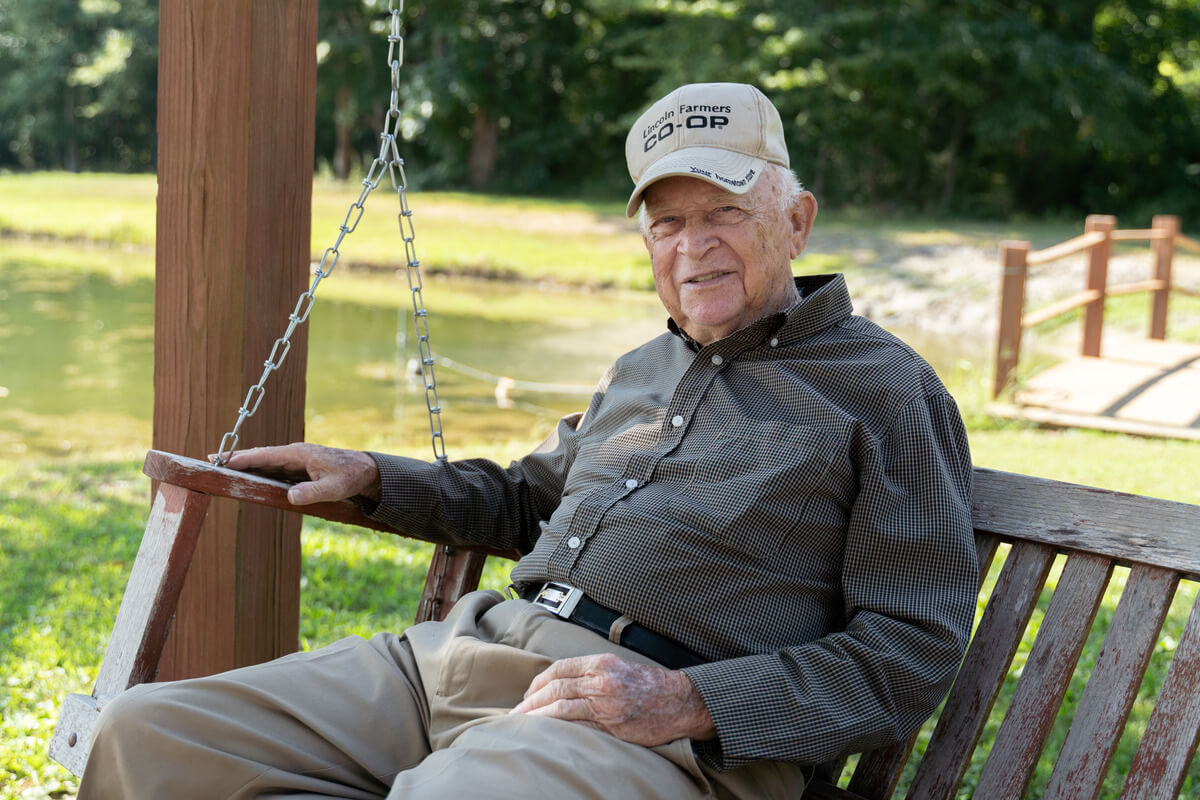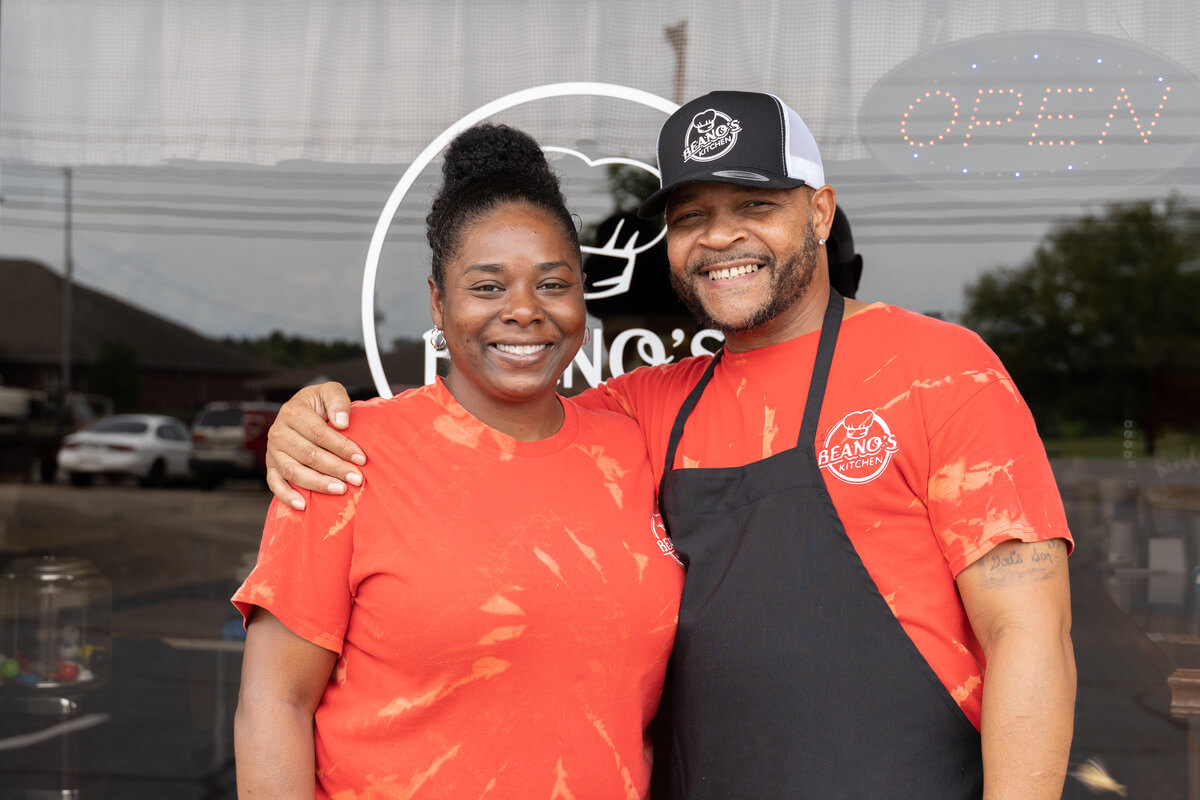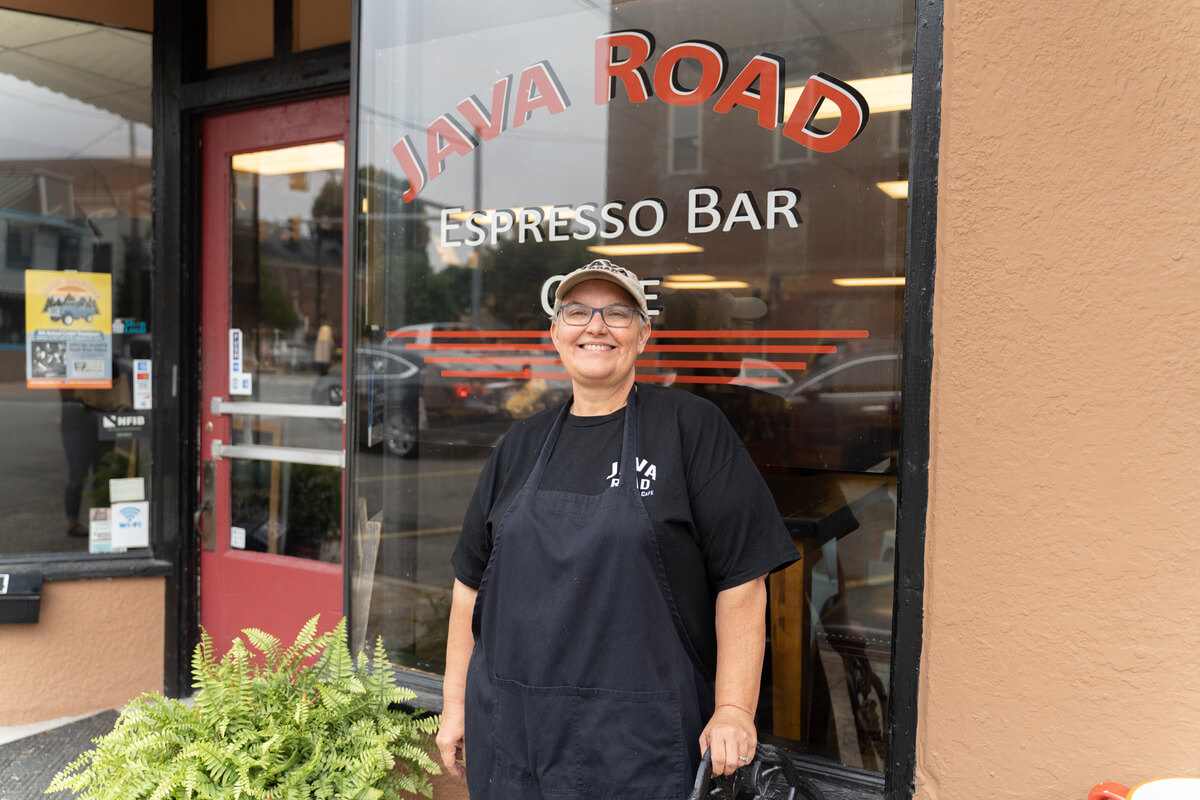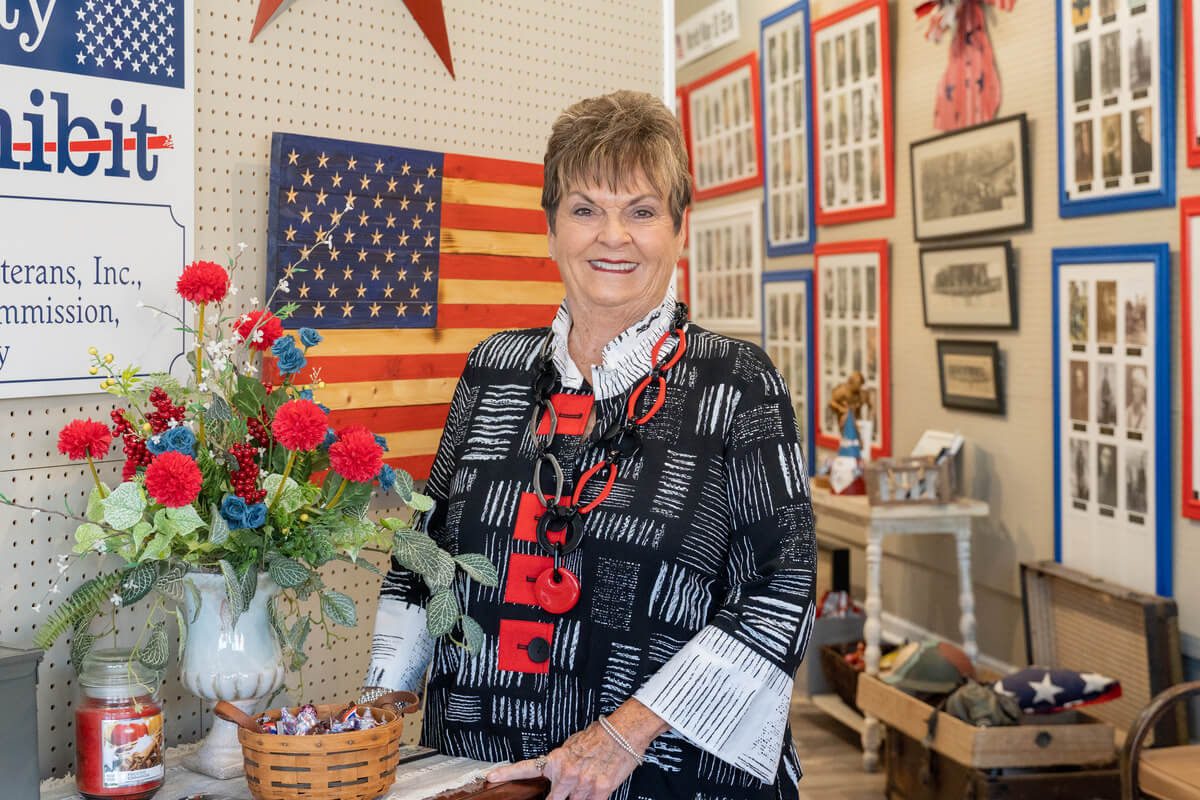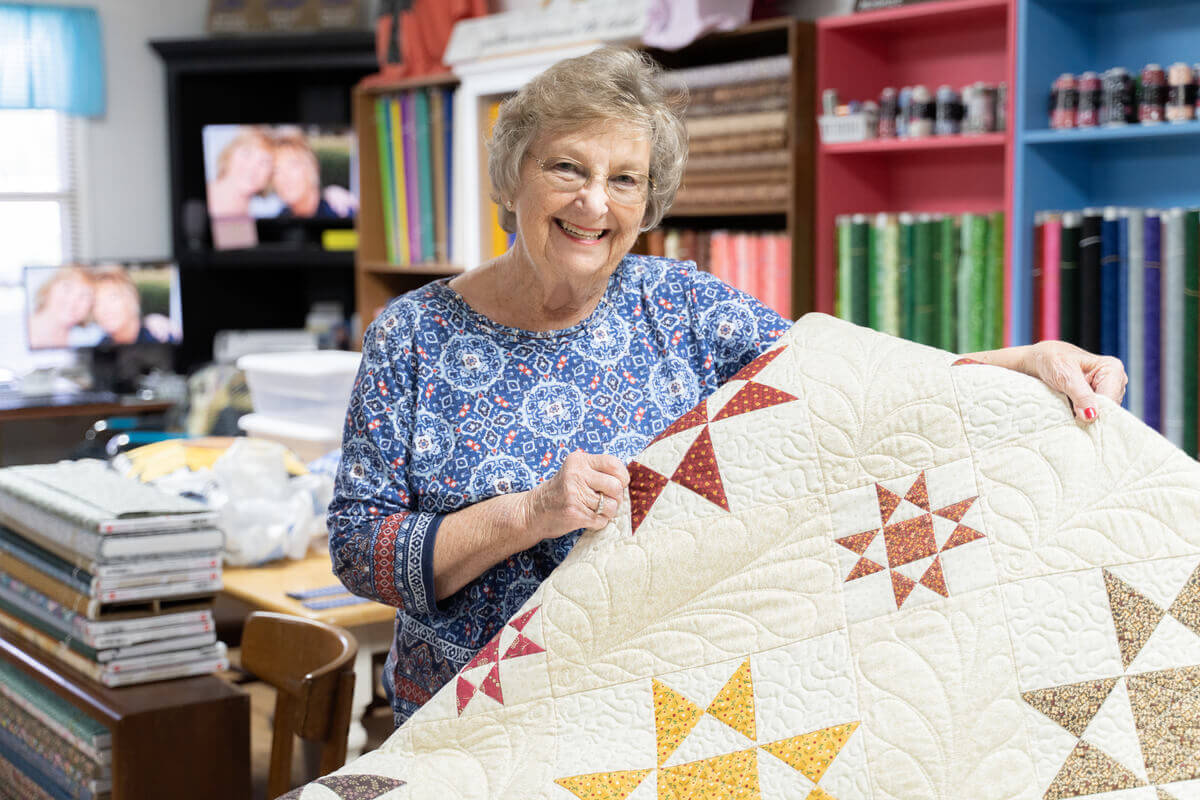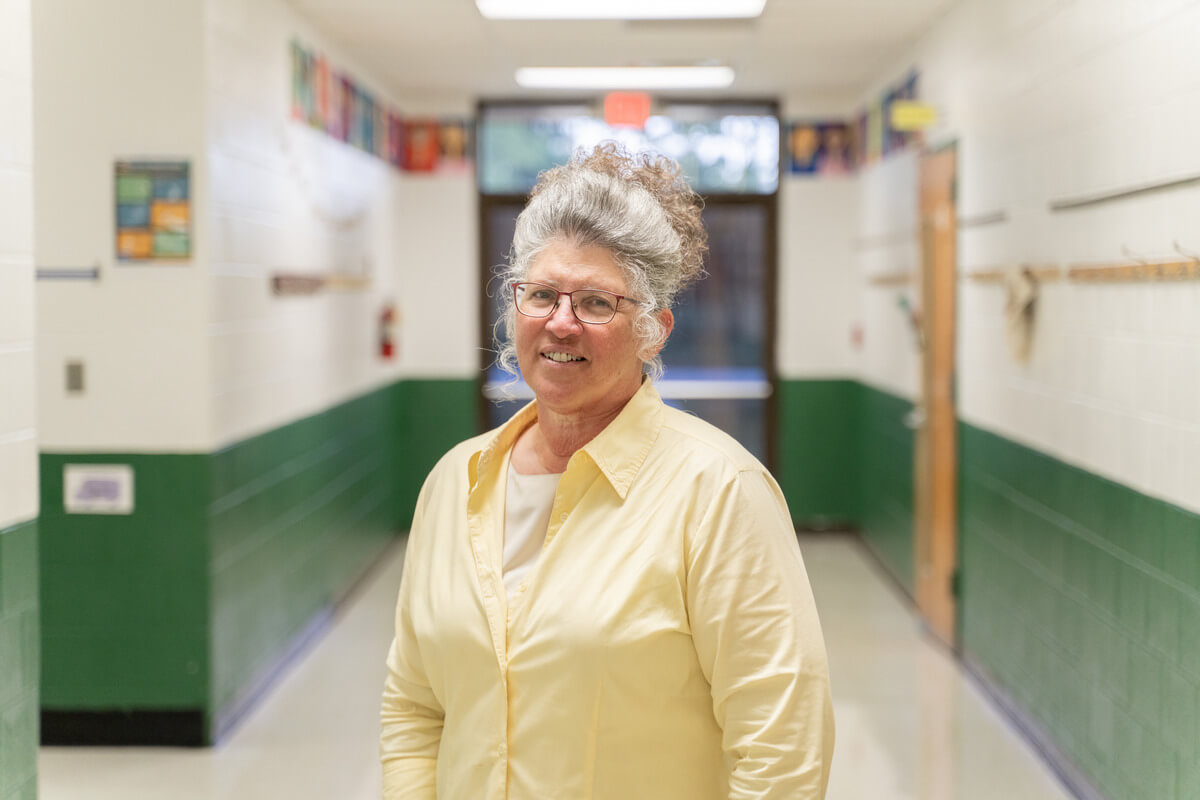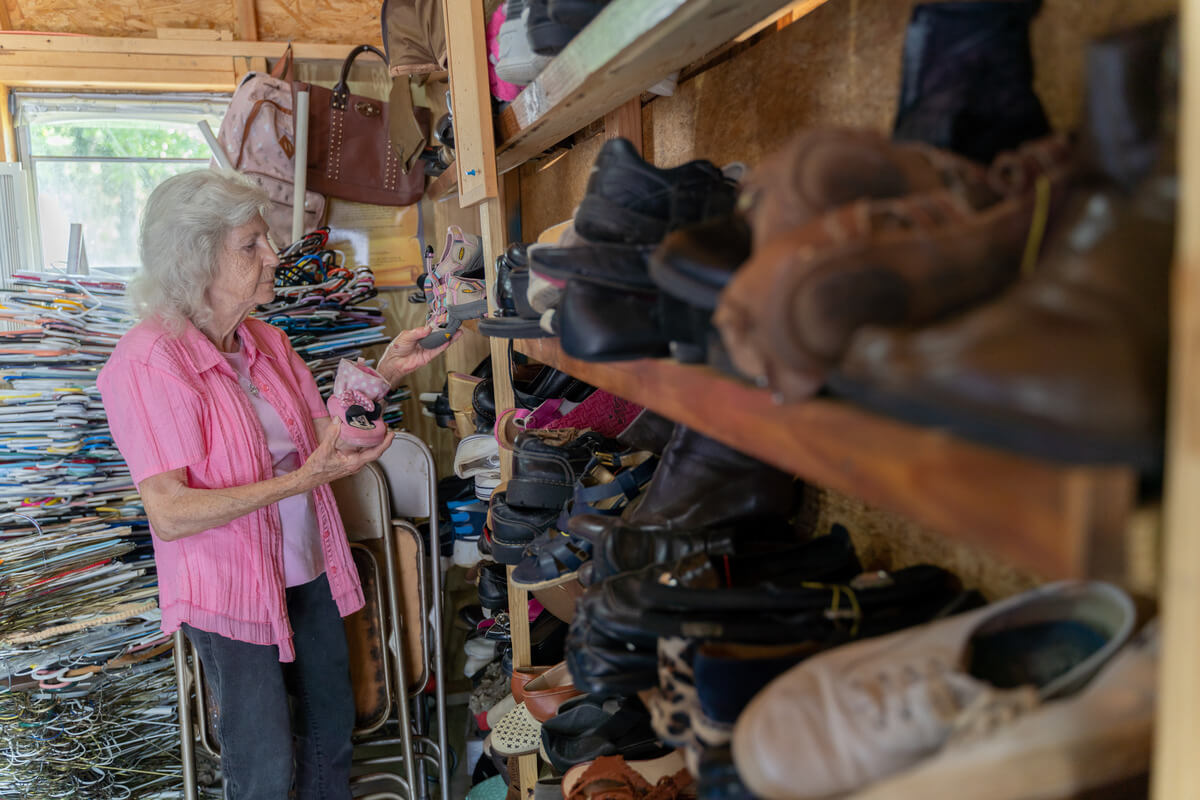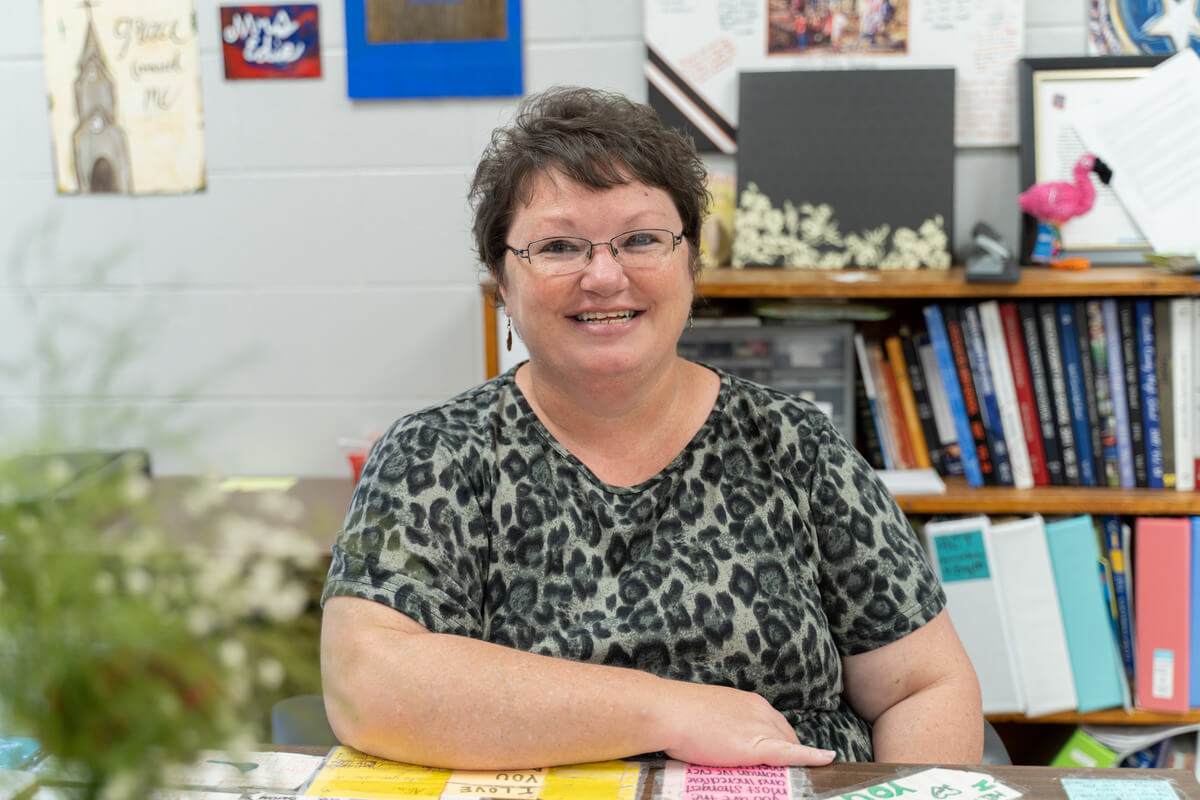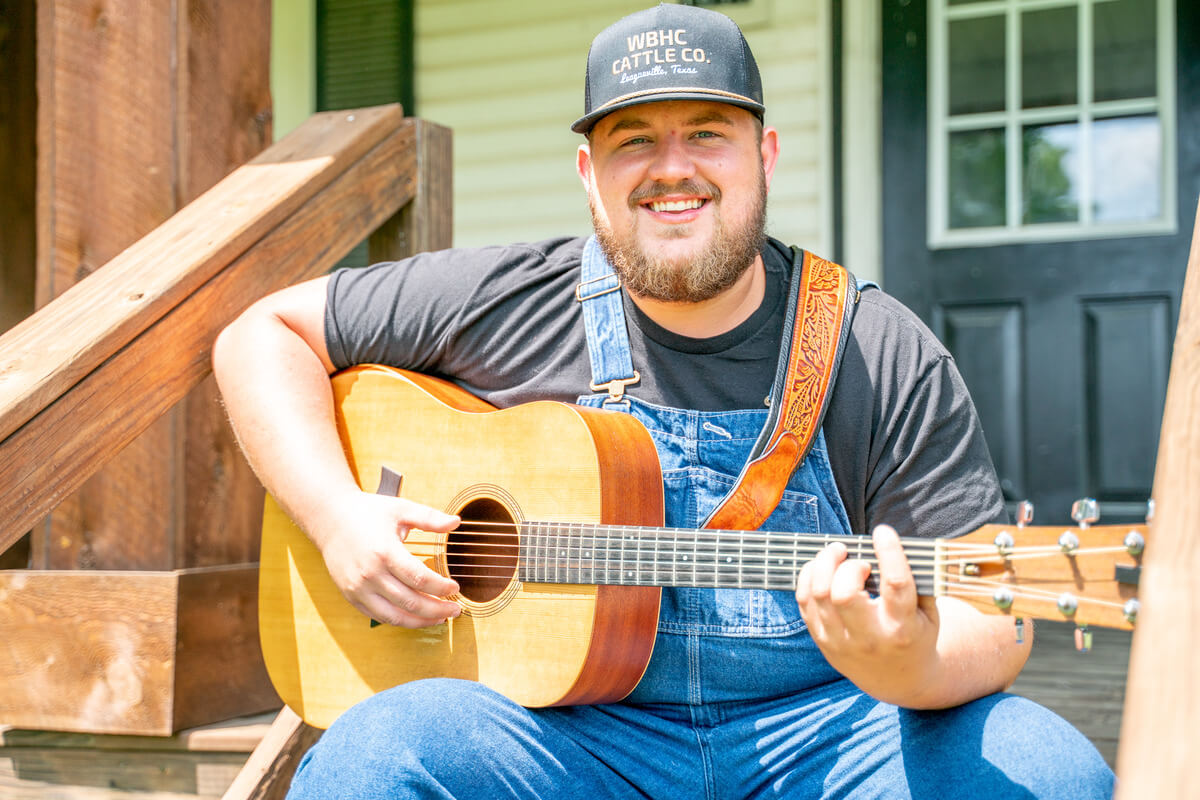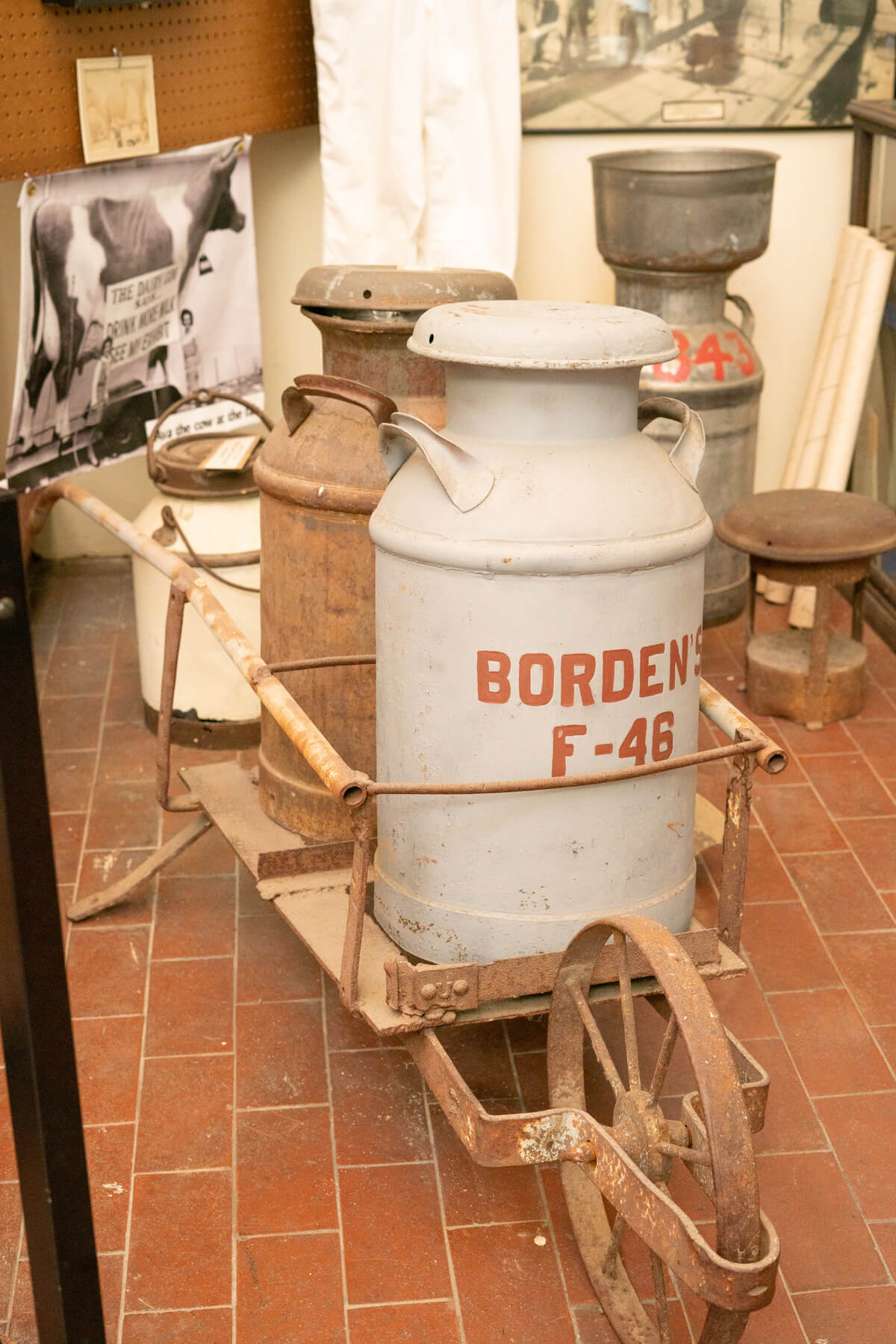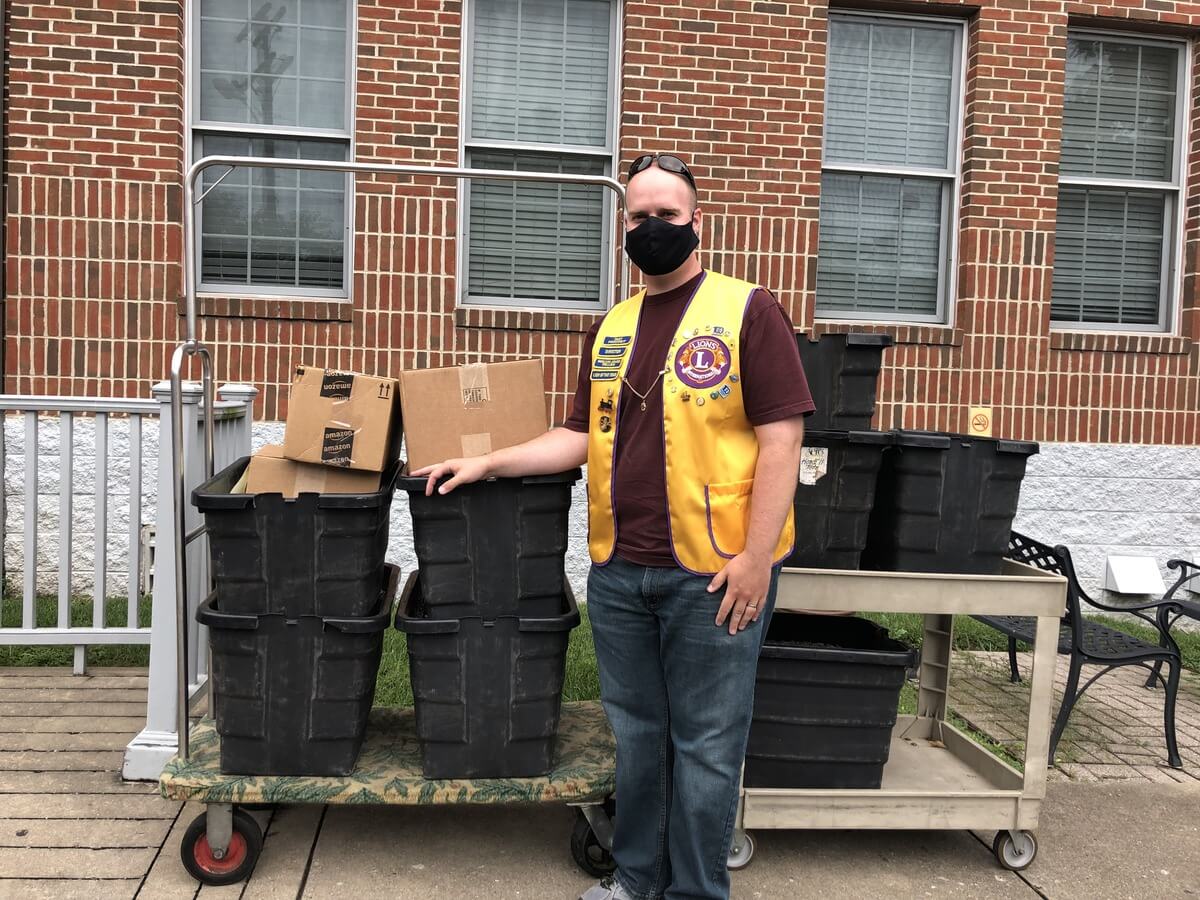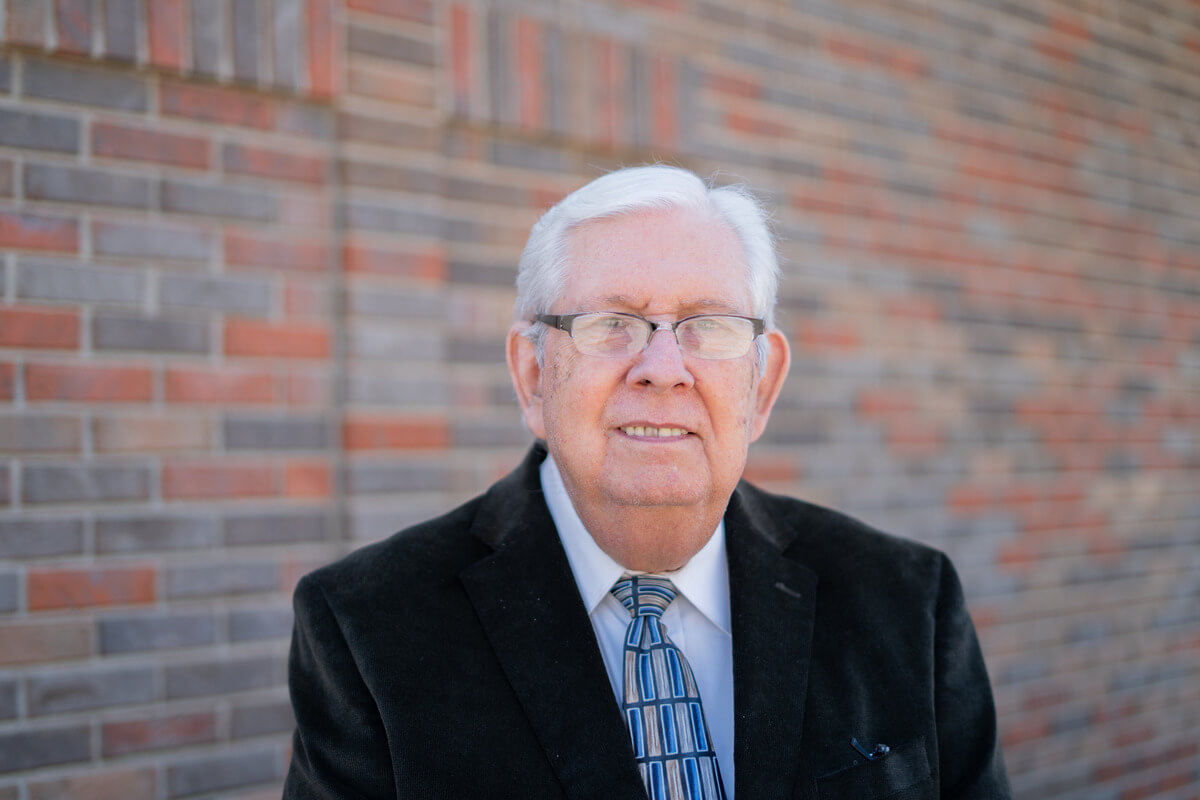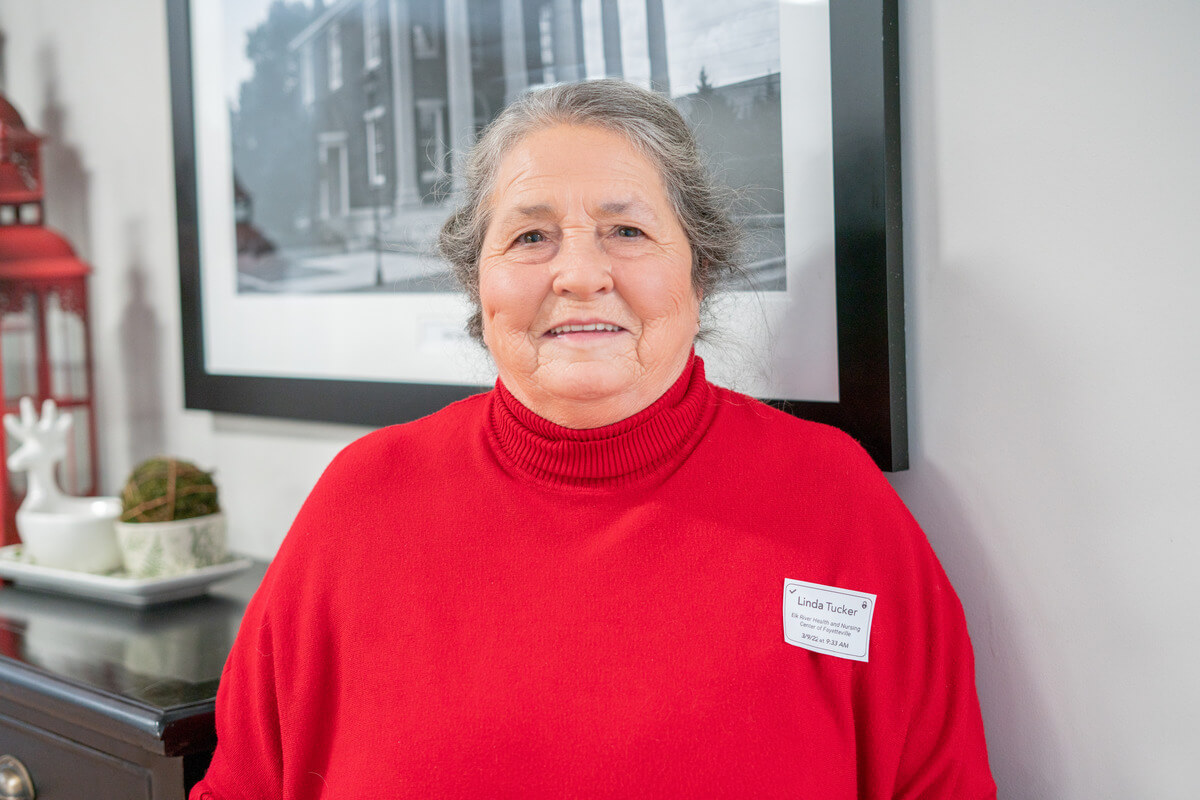IT WAS a perfect autumn day—blue skies, golden leaves, and cottony clouds. Just off the square at the intersection of Elk and Washington Streets stands the 1800s steamboat gothic home of Don Wyatt. On this day, the black wrought iron gate gave way to a manicured lawn, the leaves skittering down the sidewalk, stopping like obedient children just outside the fence. Like stepping into a past era, the residence and Wyatt invited conversation and a slower pace, if only for an hour.
It’s Wyatt’s birthday and a perfect day to reflect on his 92 years of life. In his suit and tie, seated in his chair in the second- floor living room, his memories meander along four paths: his work as an attorney, his antique business, his travels, and his love of history.
The house itself grounds Wyatt in all of the seasons of his life. It has been home since his family moved into it when he was 18 and a high school senior. After graduating from the University of Tennessee with his law degree, he was stationed with the Counter Intelligence Corps for a year in Iceland. While there, he studied for the bar, flew home, took the exam, and passed it. He briefly called Chattanooga home, where he commenced his practice in the firm of Senator Kefauver and the firm of Wyatt & Hickerson, Tullahoma. After permanently moving Wyatt & Hickerson to Fayetteville, his hometown, Mr. Hickerson soon lost his life in an auto accident. Wyatt continued as a solo practitioner for the balance of his career.
Wyatt opened a Fayetteville office in 1965 over what was then known as the Lincoln County Bank. Shortly after that, the building next door to his residence became available, and he purchased it and moved his practice there, where it has remained ever since.

He believes that his law practice offered the flexibility to pursue his other passions, thanks to his excellent secretaries through the years. While they kept him connected to the office, he was able to spend summers collecting antiques and knowledge.
He was the first president of the Historical Society. Its greatest accomplishment was the publication of two comprehensive works by Jack and June Towry: “History of Lincoln County” and “Genealogical History of Lincoln County,” both widely circulated.
Wyatt said, “I was on the board when we built the new library and was on the board for a number of years. I feel that we are fortunate to have a good library like that. I love history, and I don’t think you can be well educated unless you know some history, especially the history of the people around you. I’ve always loved knowing about the families in Fayetteville.”
“I was in the antique business for about 30 years and had good ladies working for me. We had the house down on South Elk, which was the old McKinney house, built in 1824, and we restored that, and I opened my antique shop there. It got to be too much going back and forth, so we moved the shop downstairs here in my home. It worked out beautifully,” he said.

He traveled to England to buy for the shop and had his purchases shipped to Fayetteville. Other trips coordinated through the University of Tennessee and Parson’s School of Design of New York took him to Italy, France, and England, allowing him to see other parts of the world and study law abroad. But it was always good to come home again—home where his roots are.
“My mother’s and father’s families came here over 200 years ago, and I’m rather proud we’re still here. My great-great-grandfather fought in The Revolution and came here in 1807. He helped clear the town square of a canebrake and helped lay out the roads. It was Indian country, and they had to wait to get a clear title before settling. We’ve been here a long time, and I expect to be here a while longer,” he said.
“I can attribute a large part of my small success to my present secretary, Mrs. Marie C. McNeese, who has assisted me up to the present time.”
Wyatt said of all he’s done in his lifetime, “I like it all, and I don’t know that I’d be happy without any of it. I’d hate to have gone through life without it; I enjoy so many facets of it. I have been fairly successful, and that’s, of course, comparative, and I wouldn’t have it any other way.”
Coming full circle, his closing statement leaves the jury with but one verdict—a life well lived. GN



